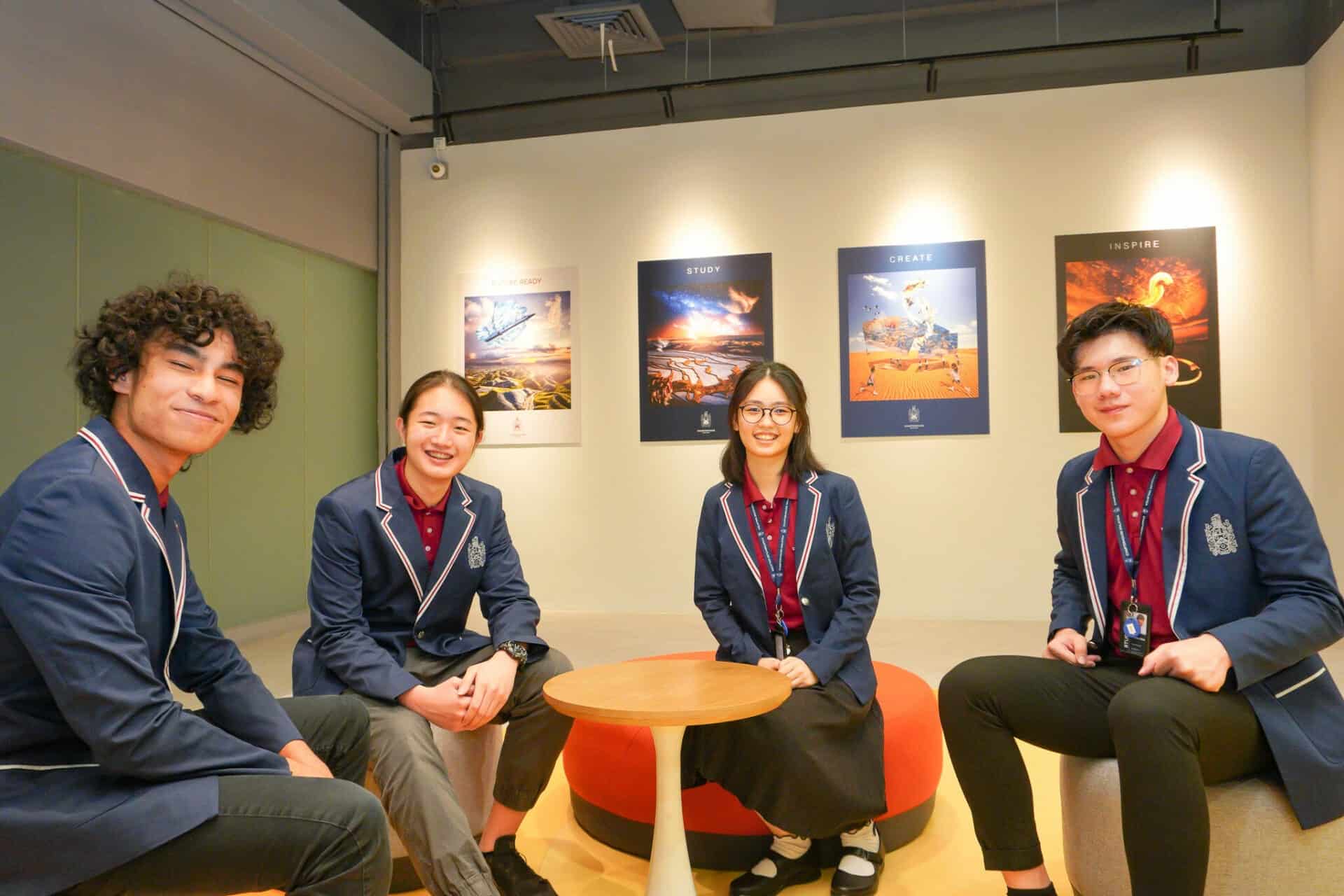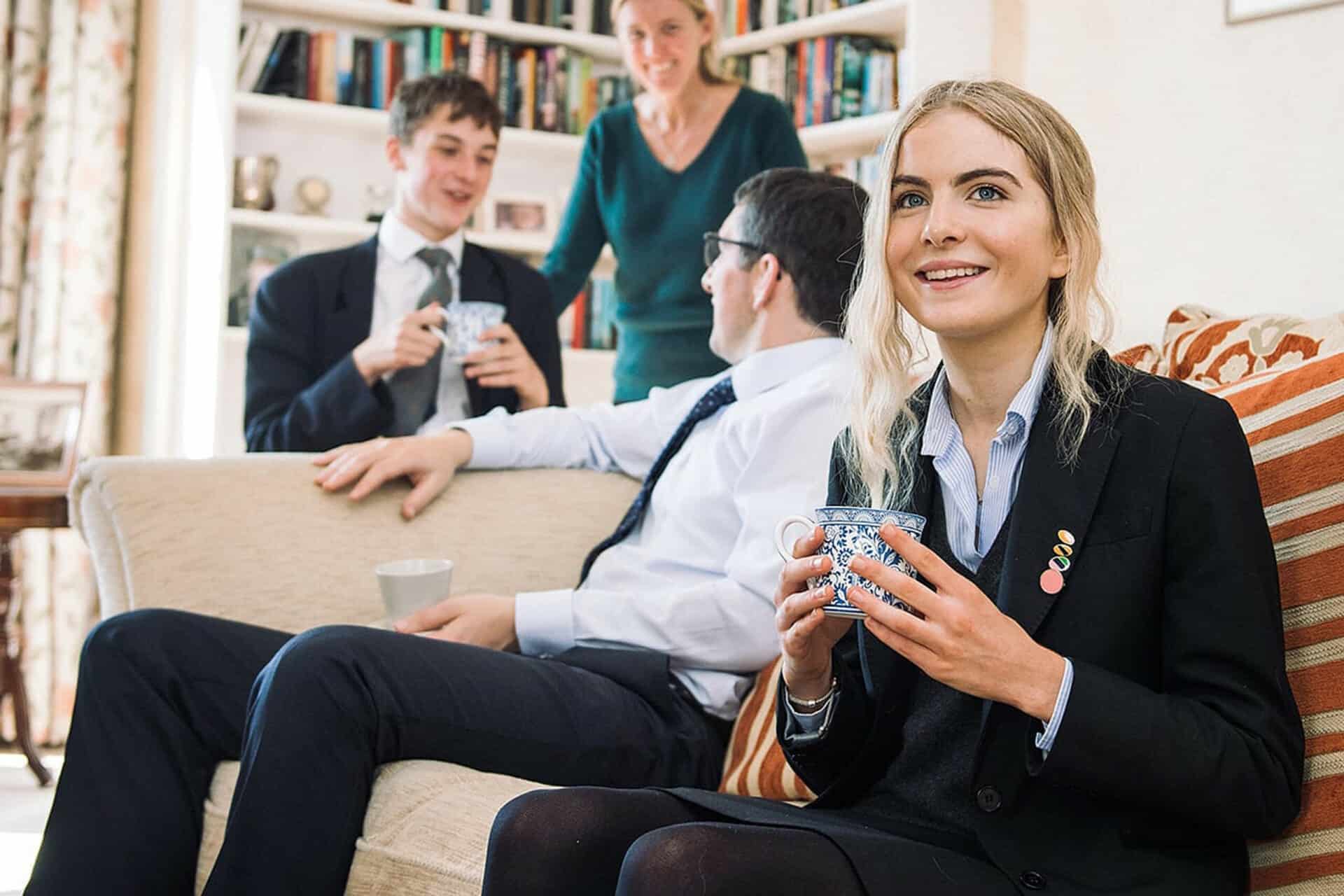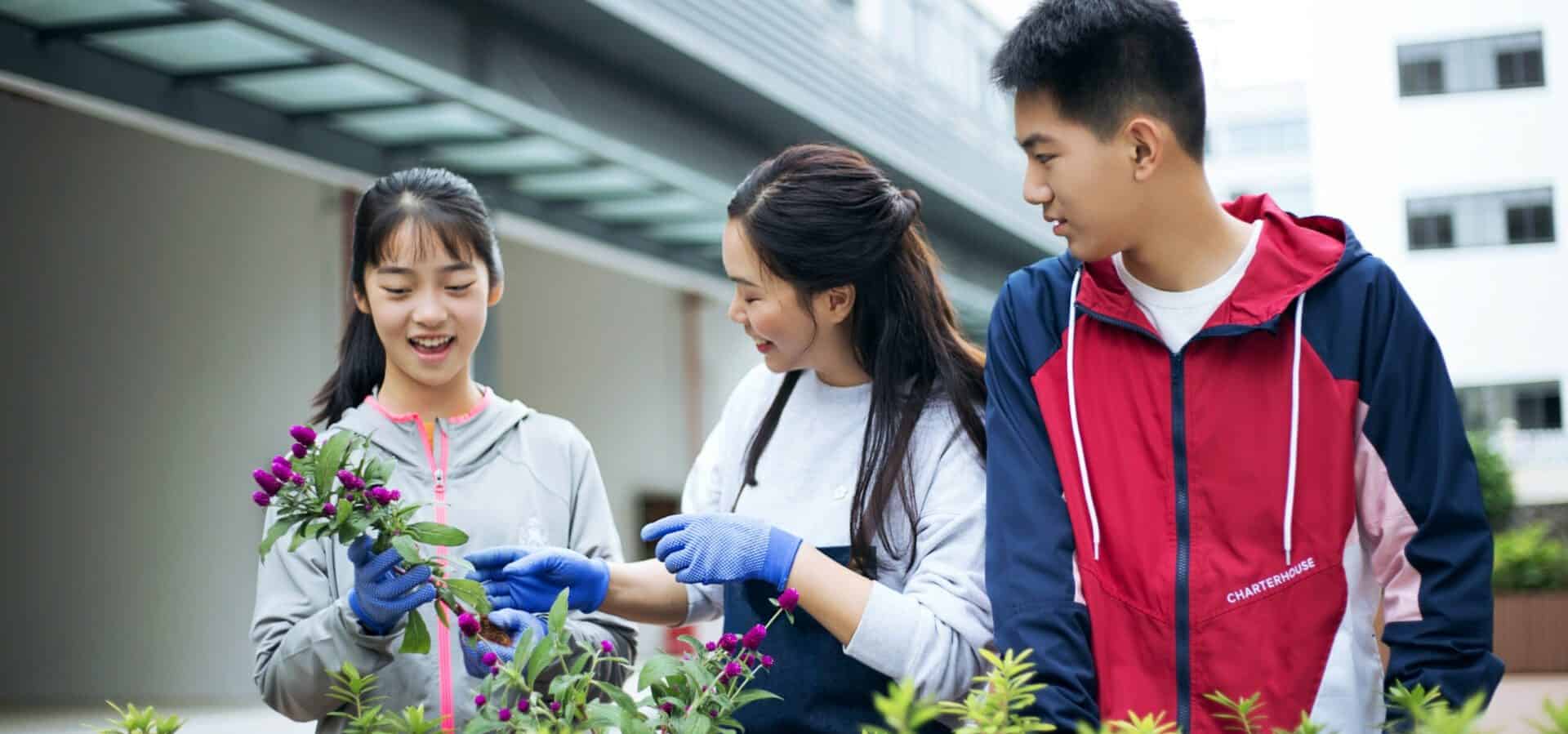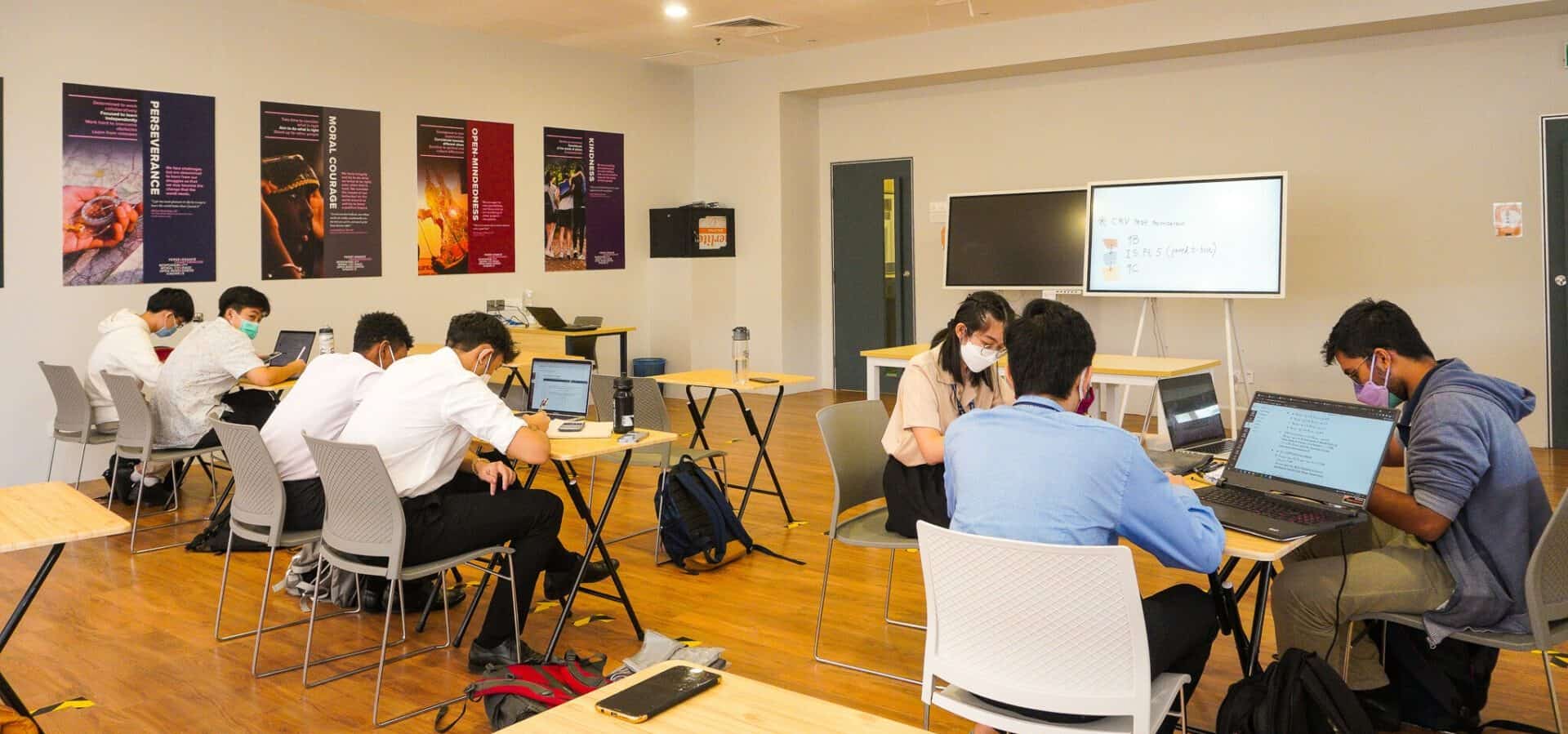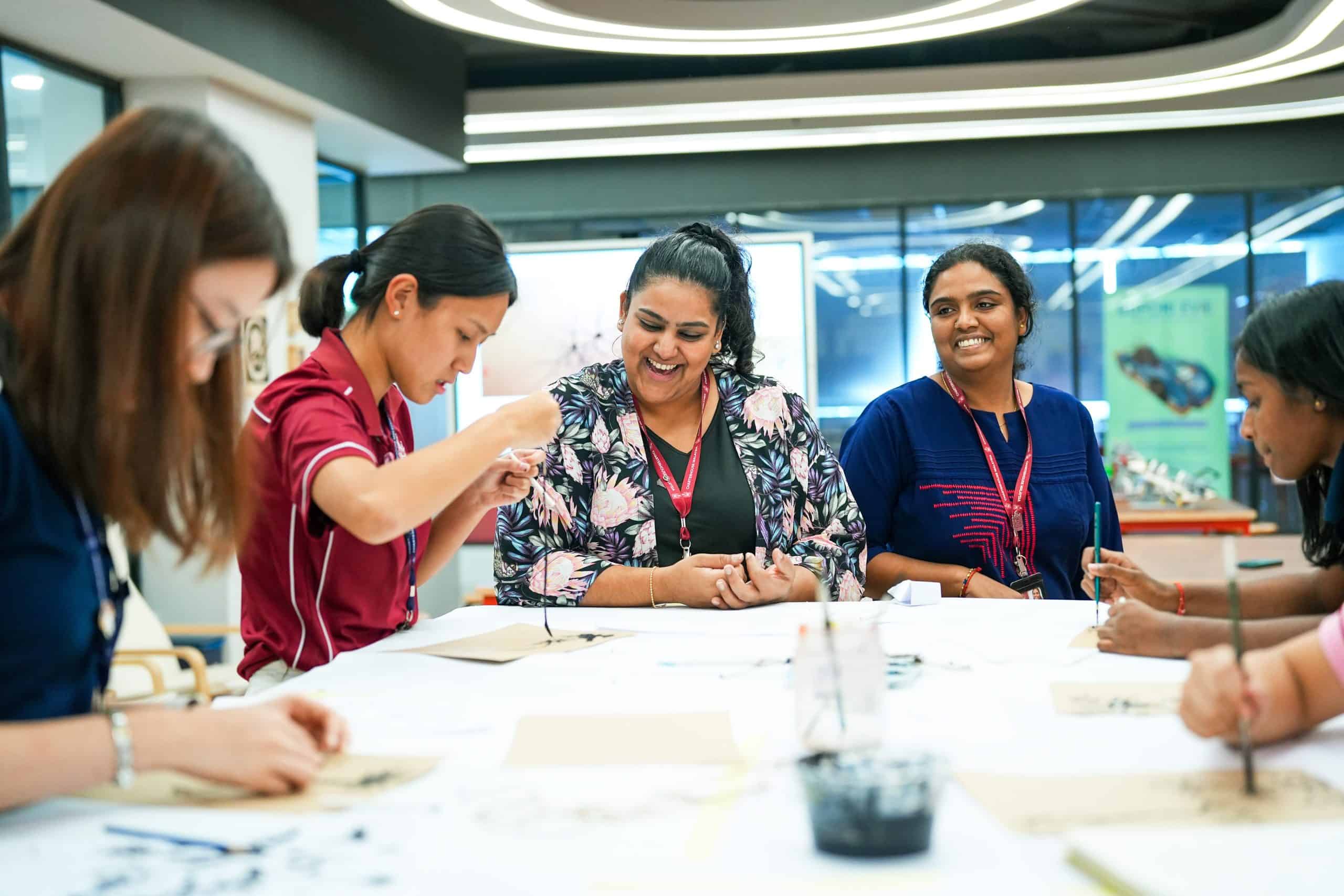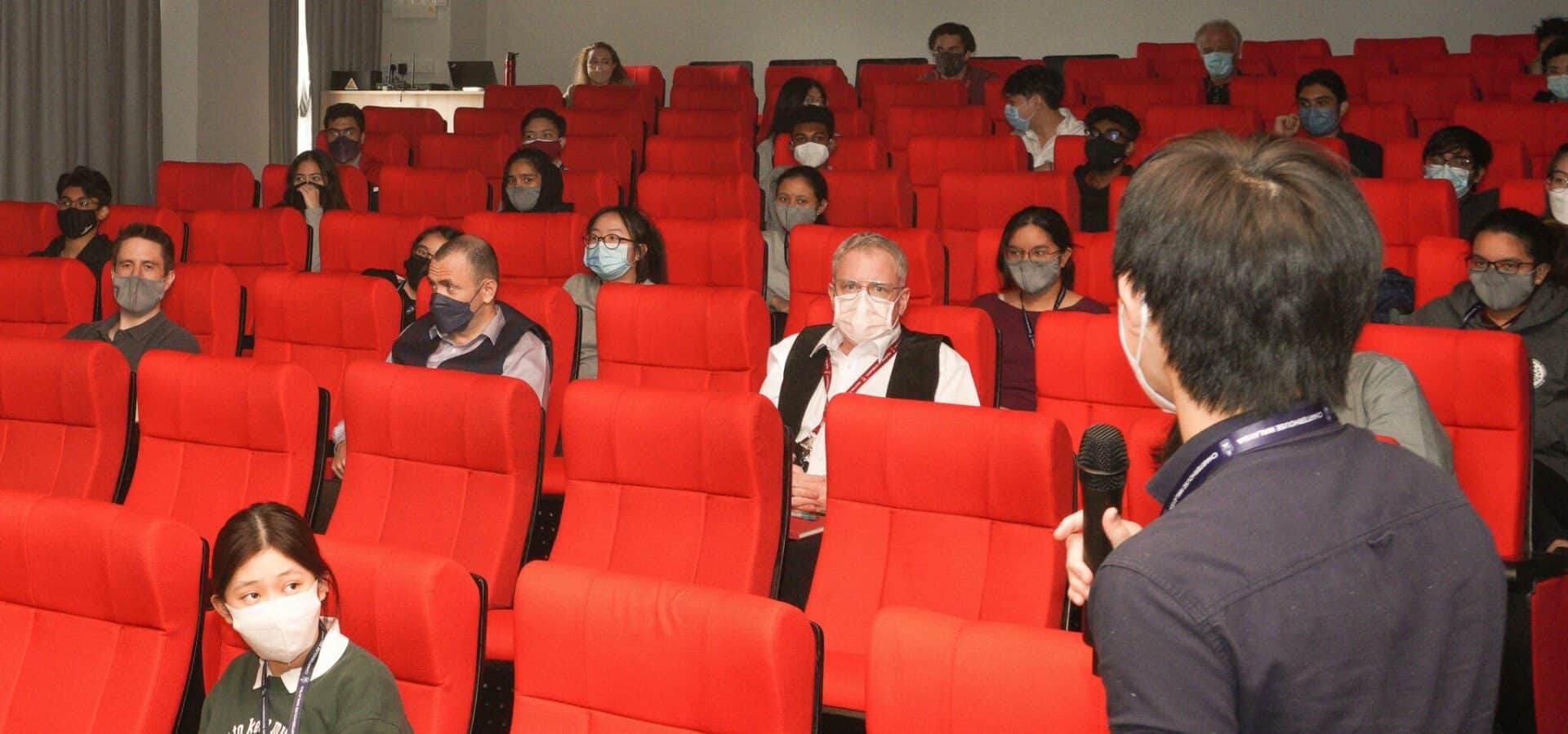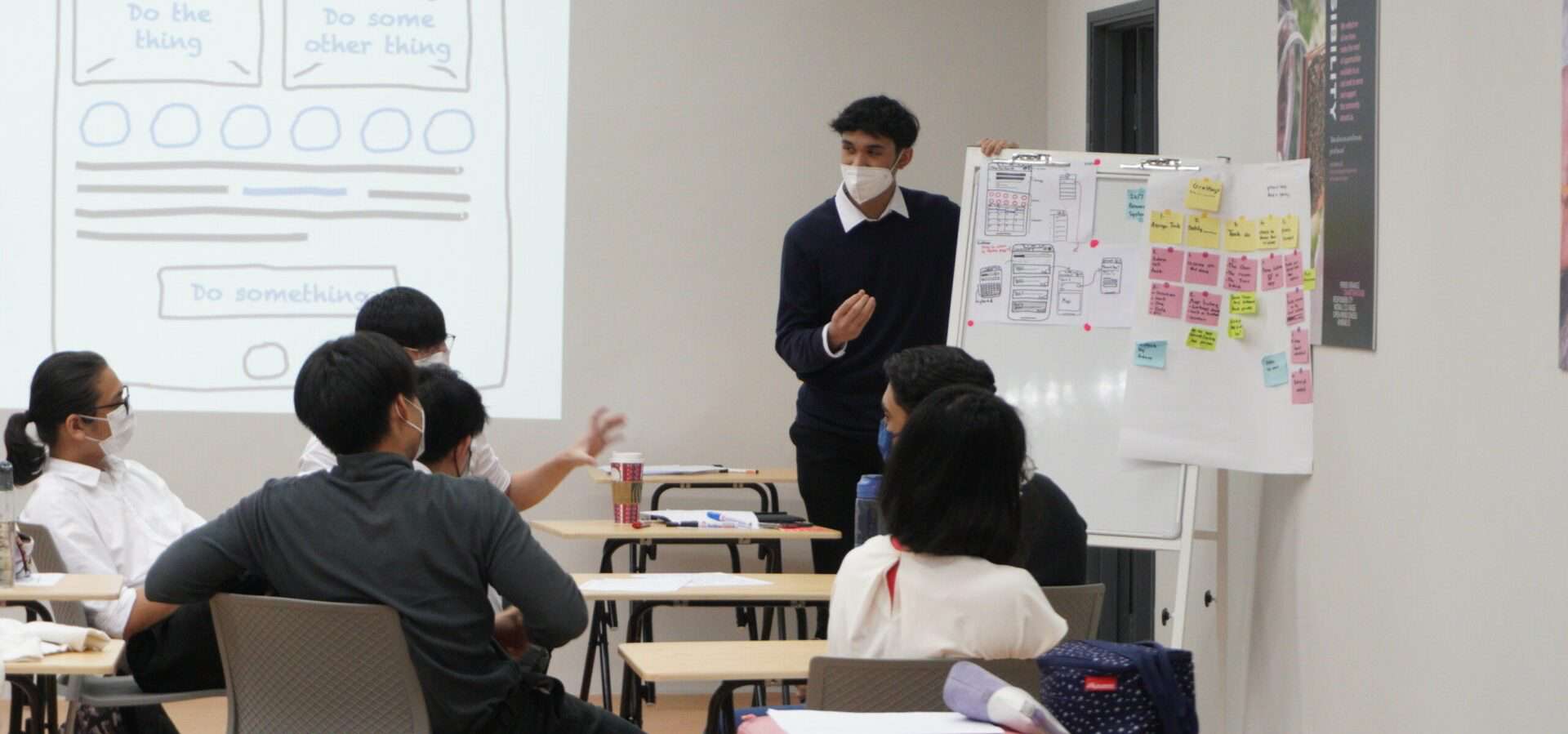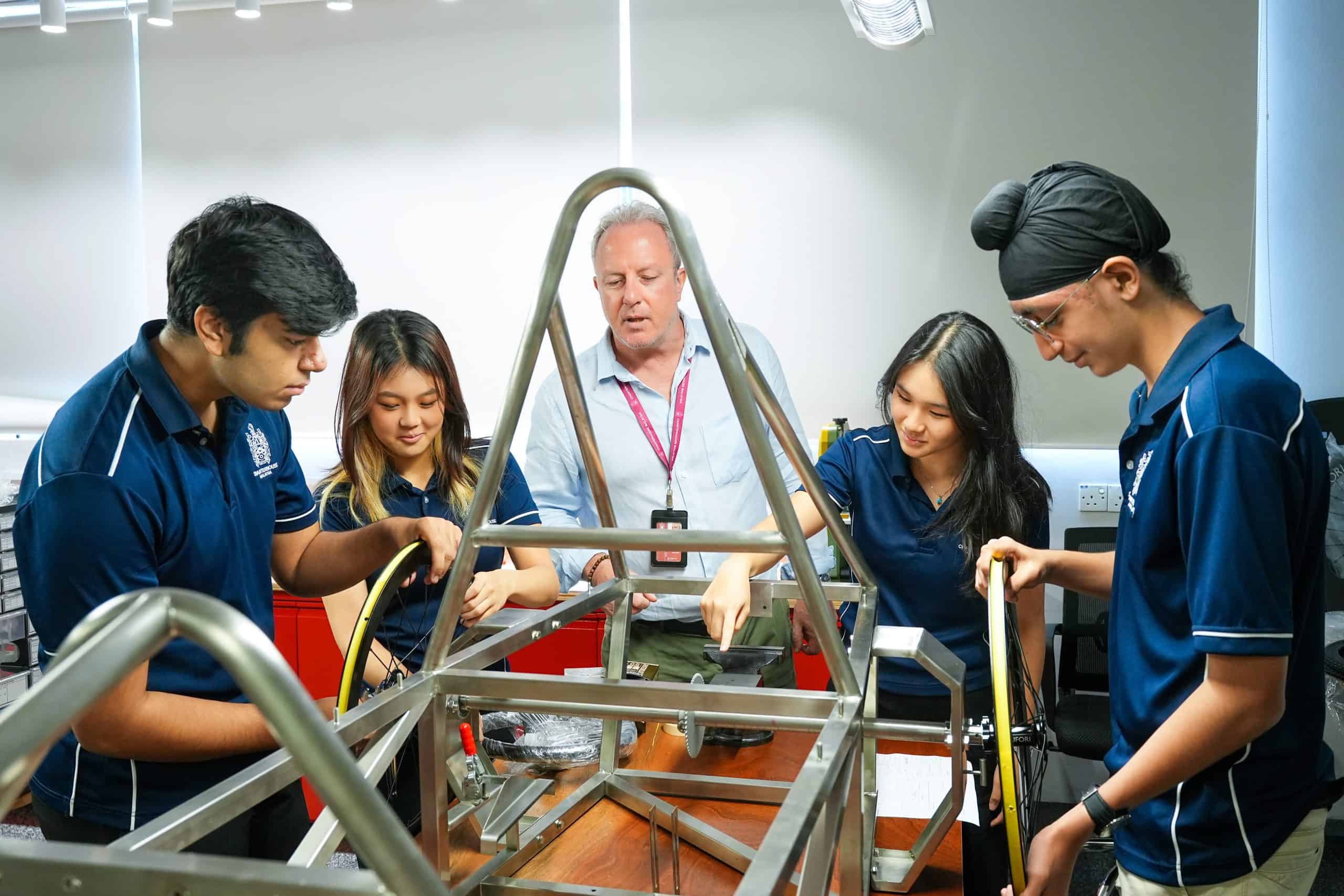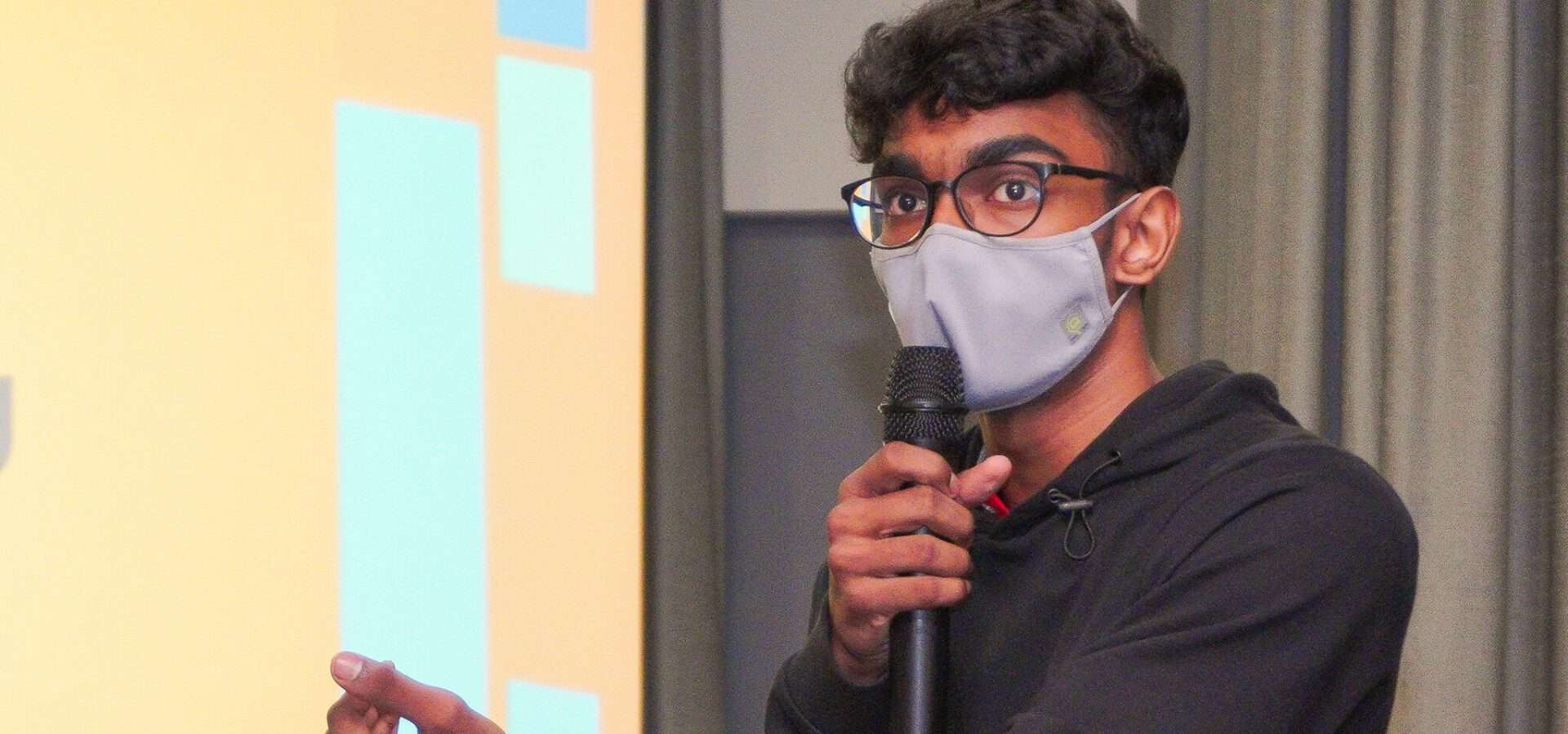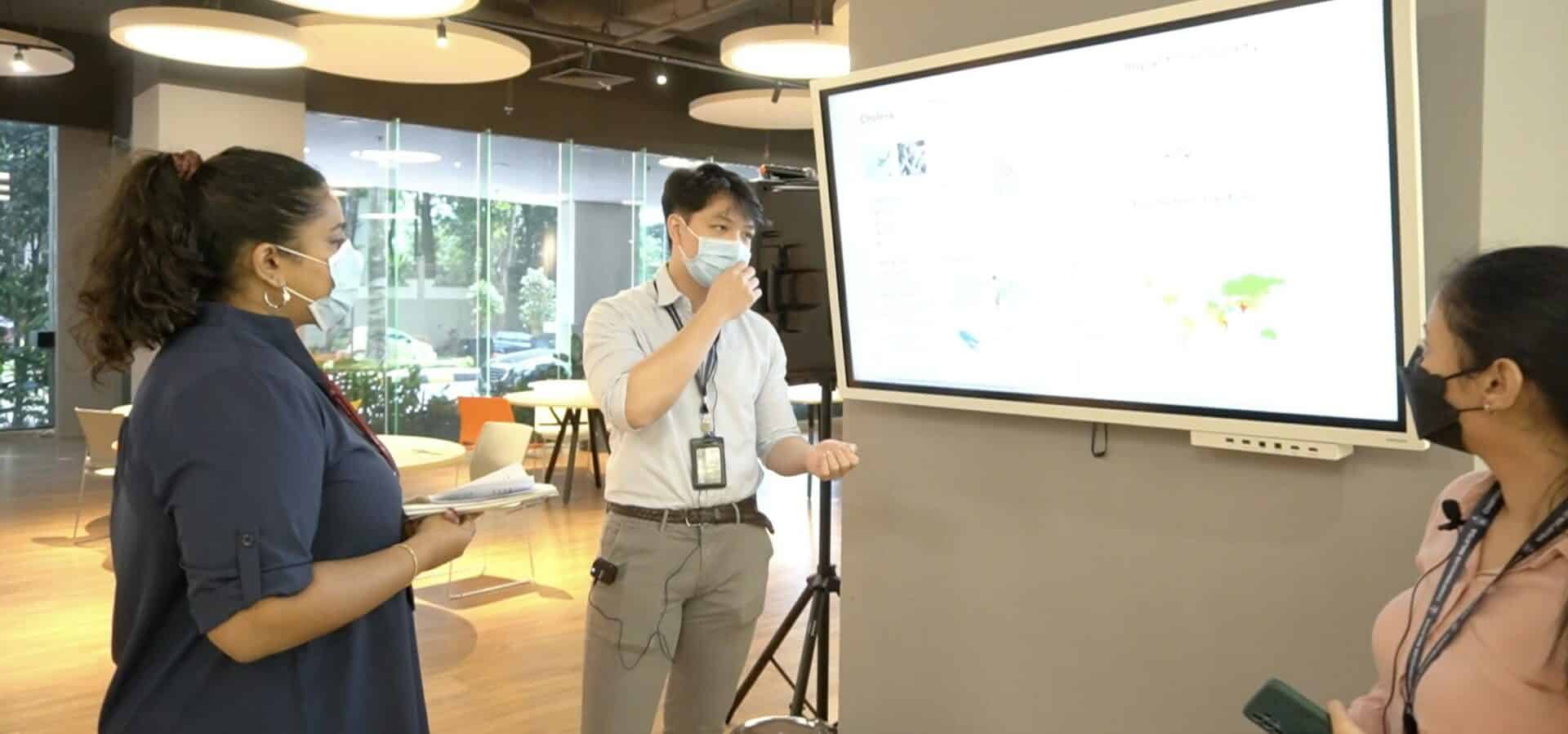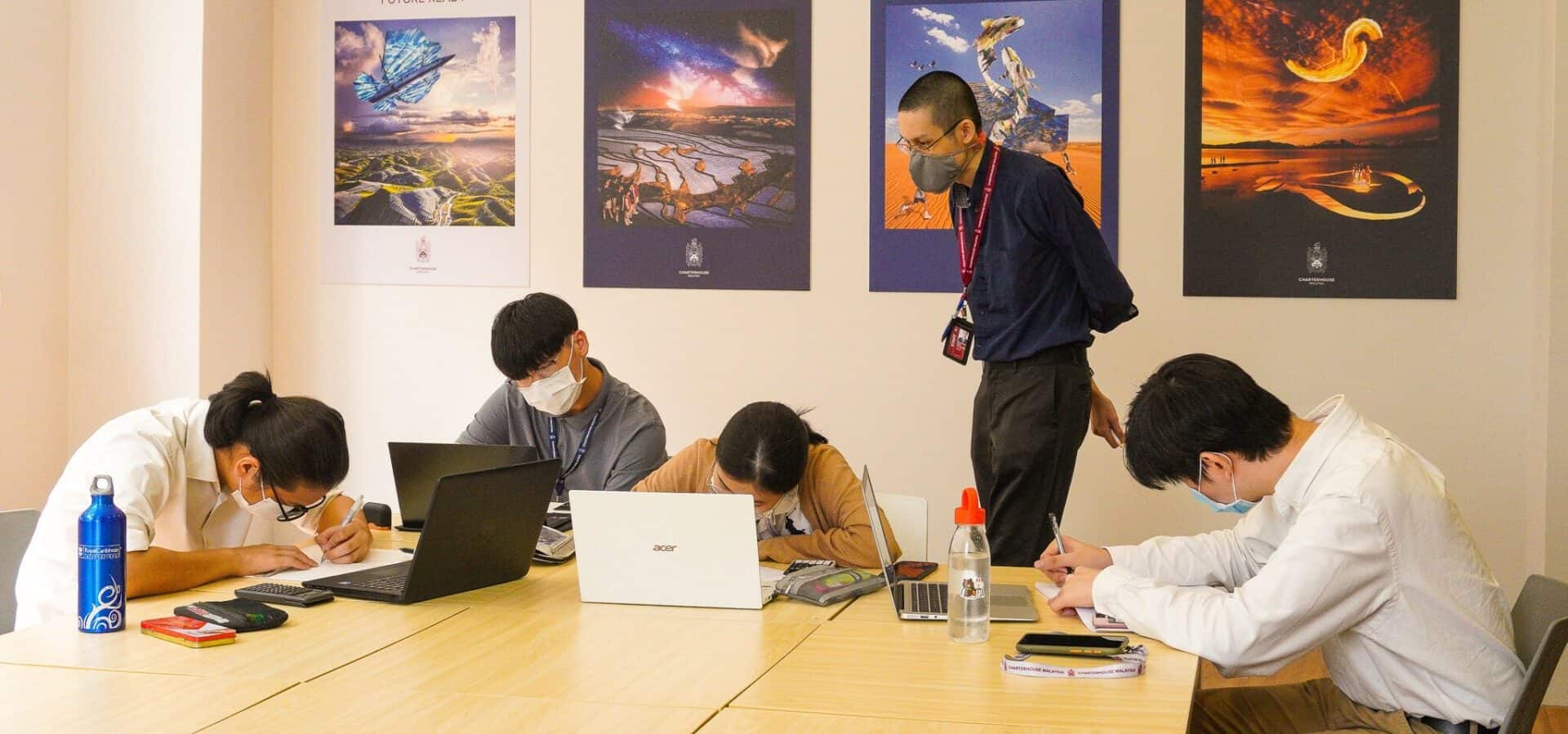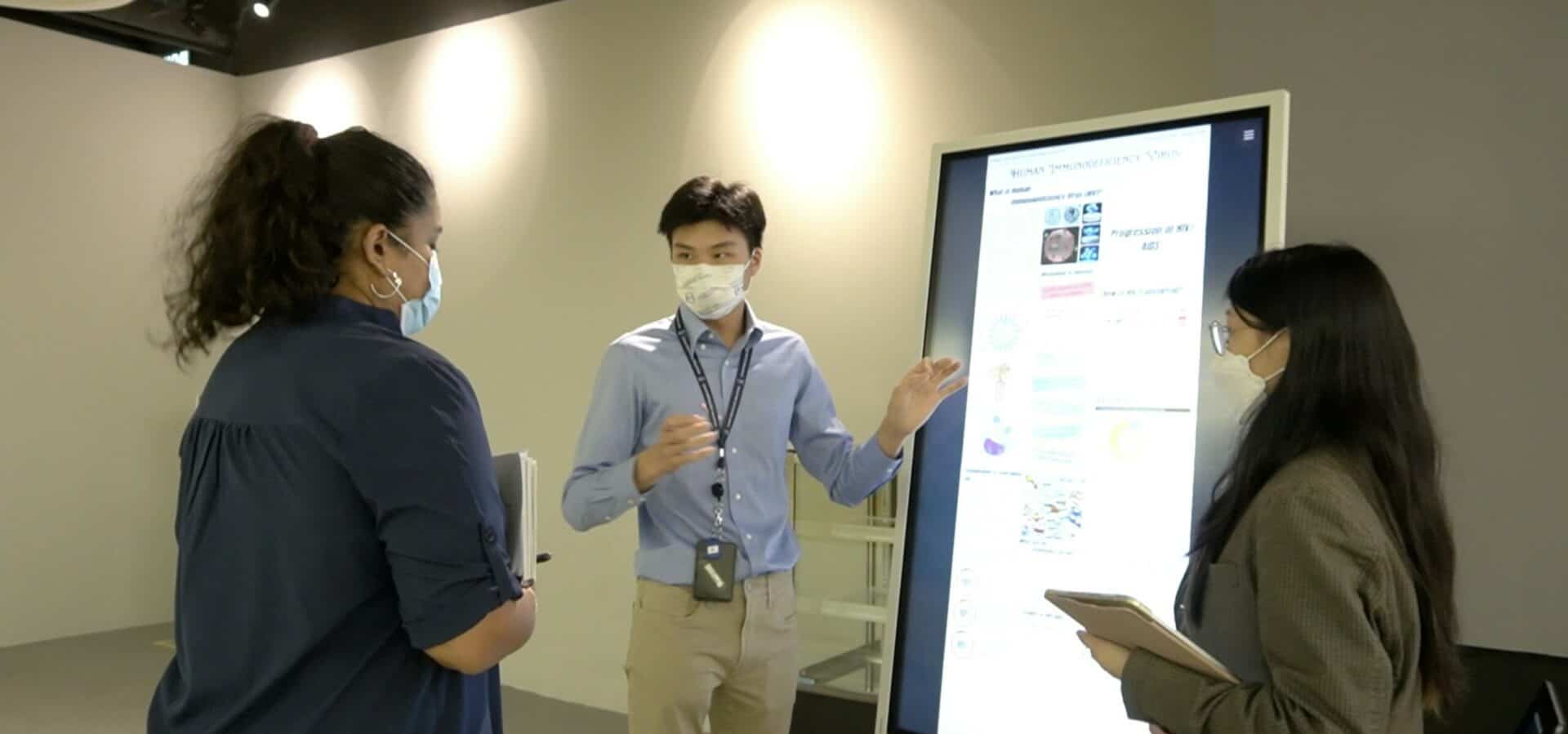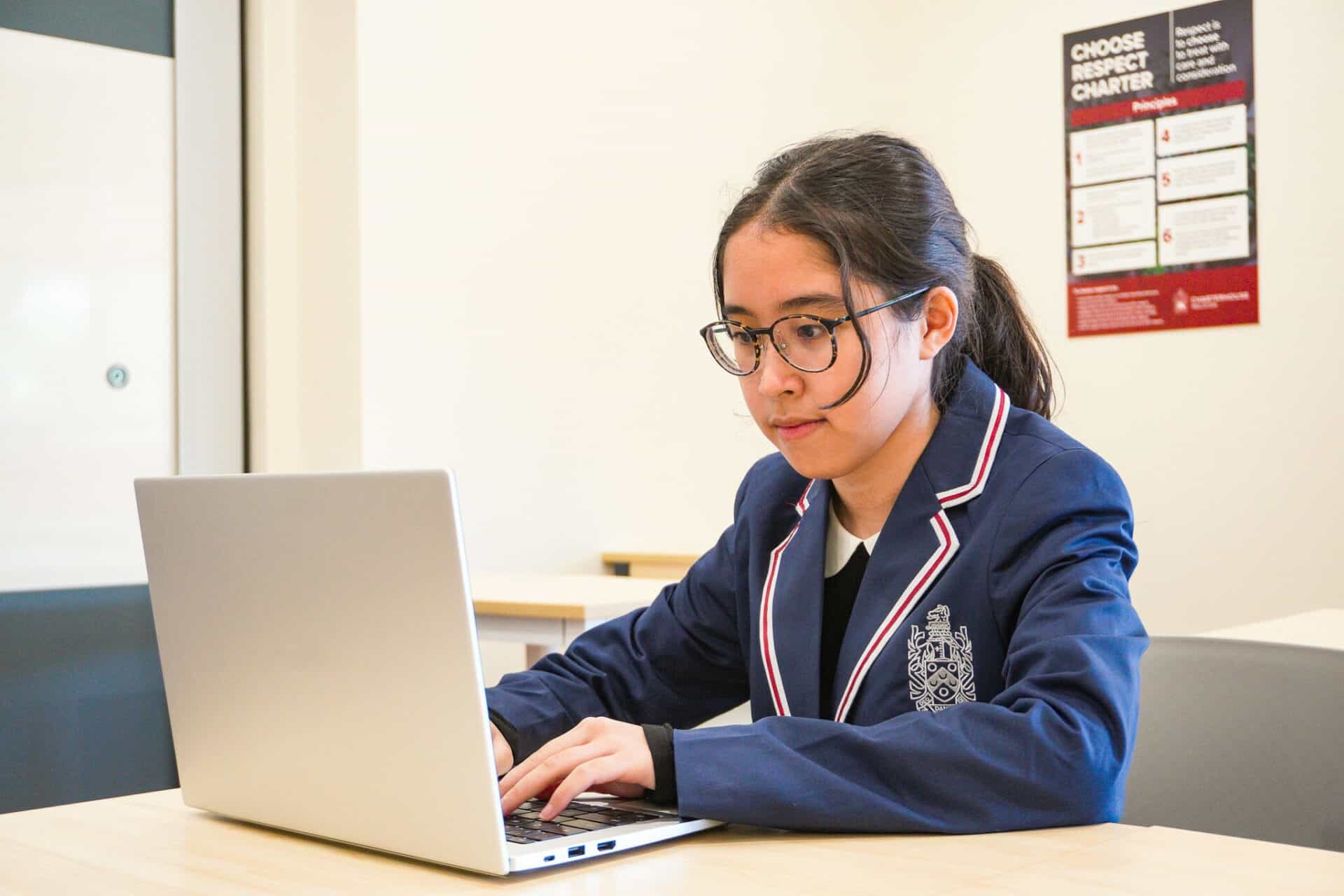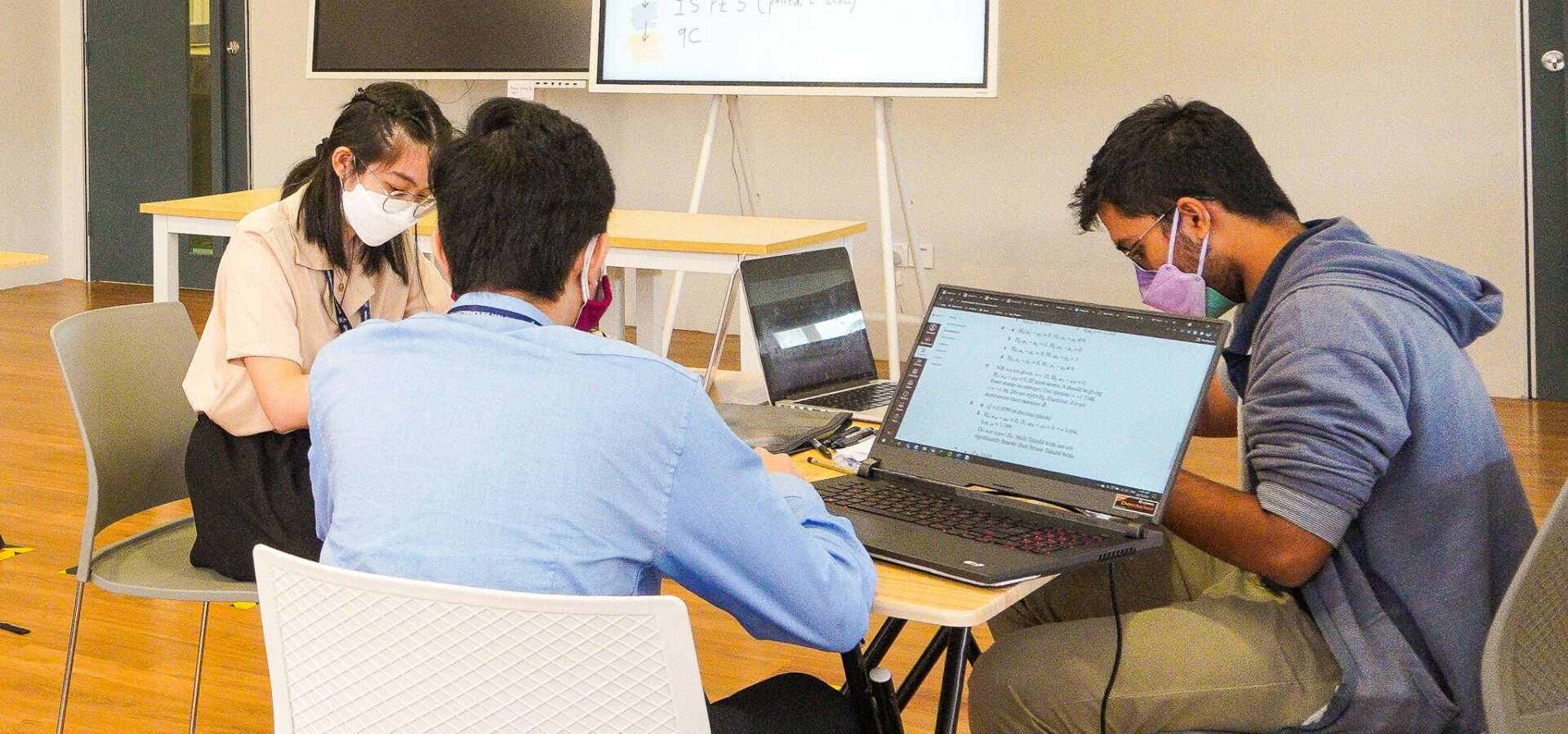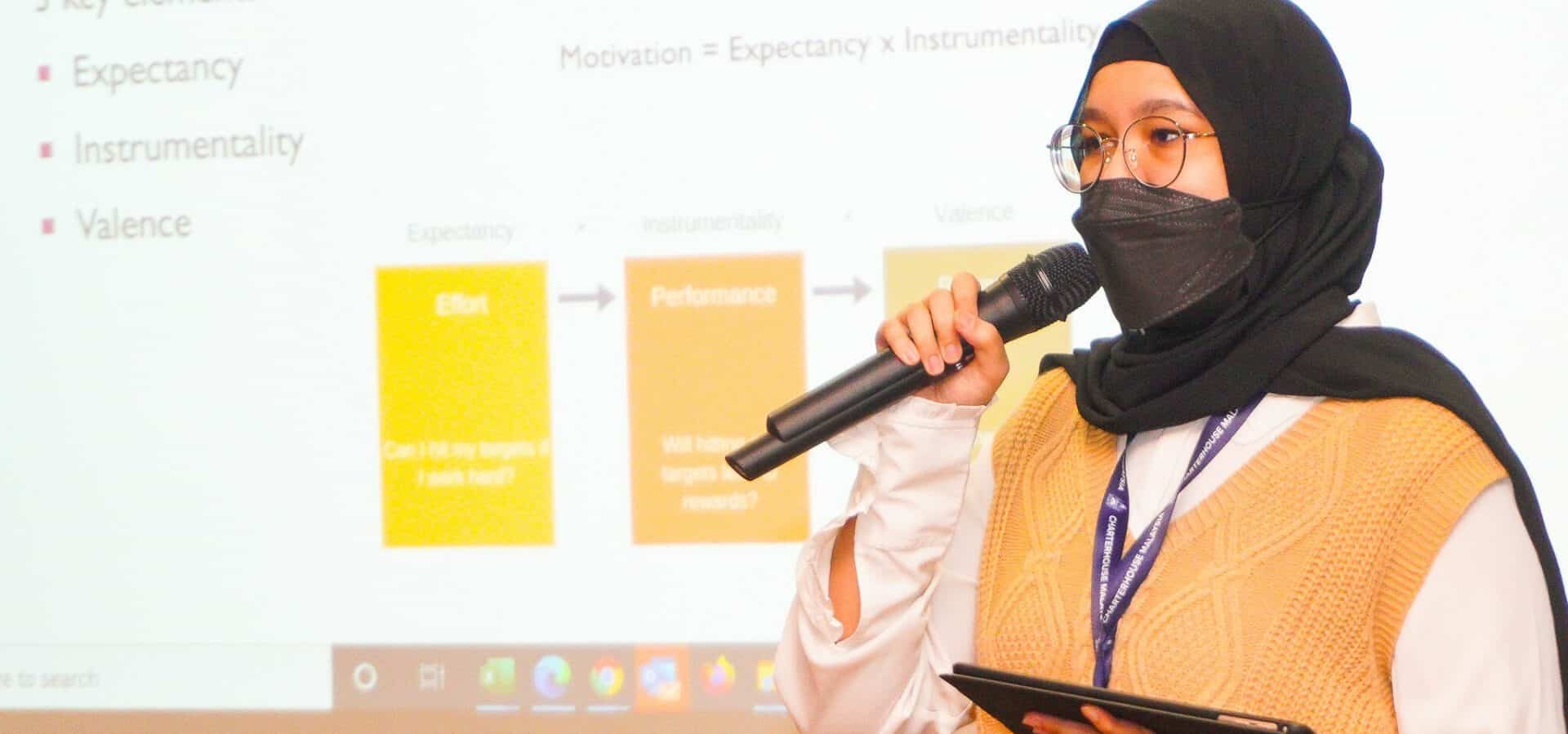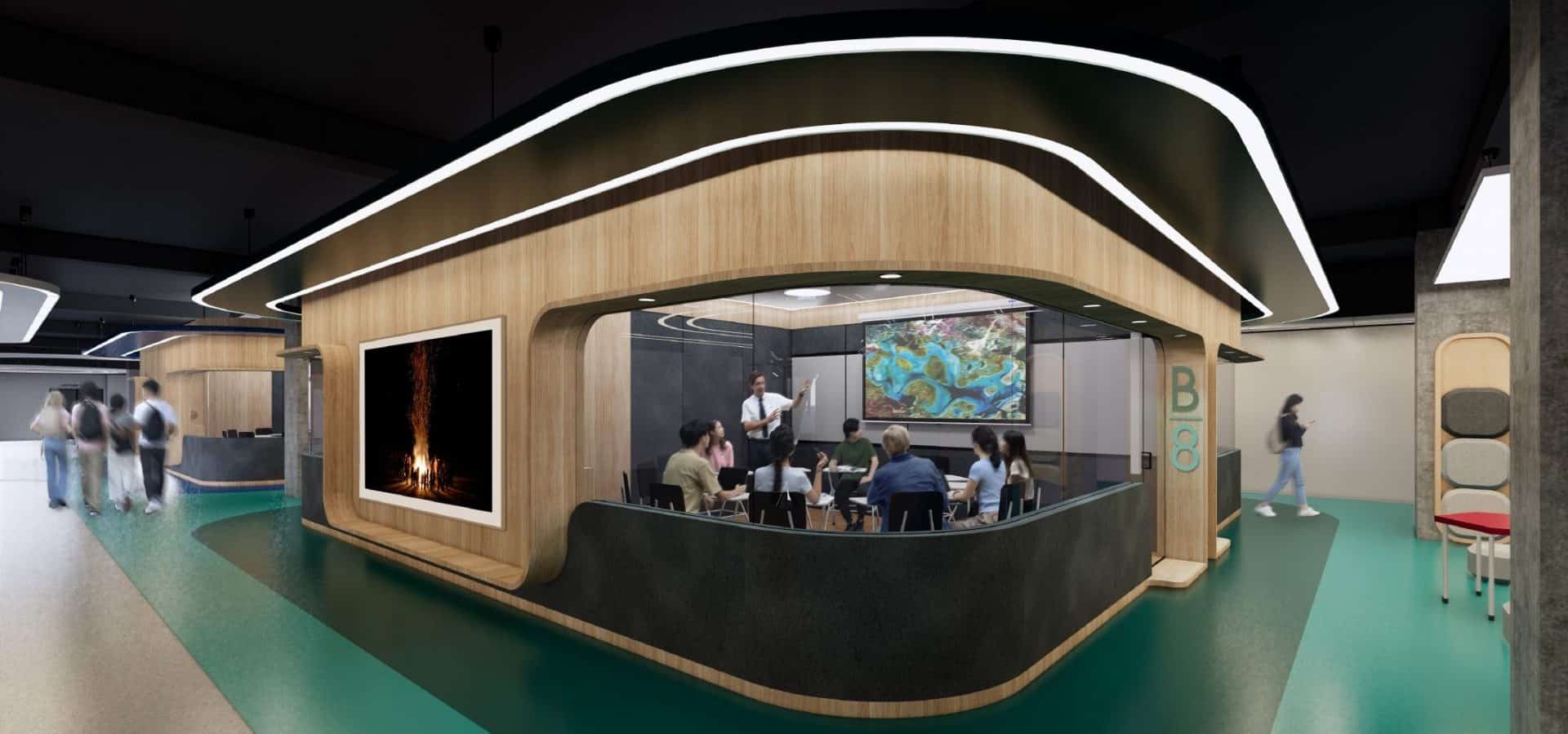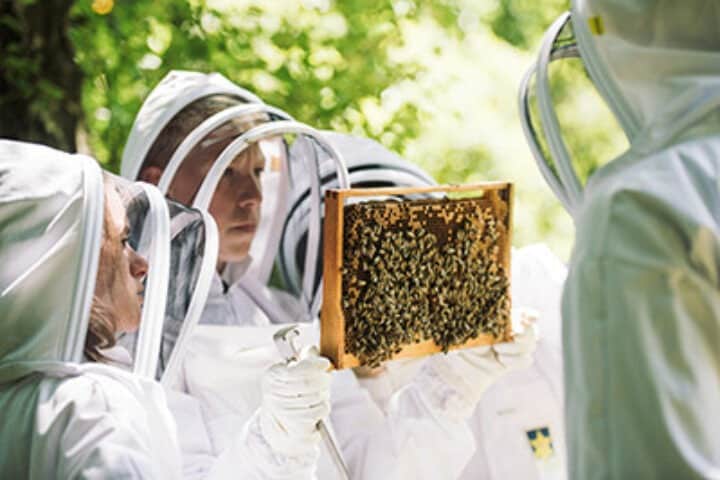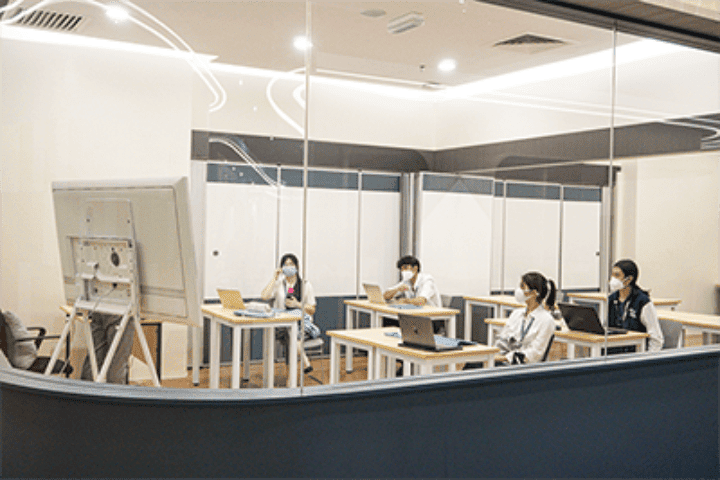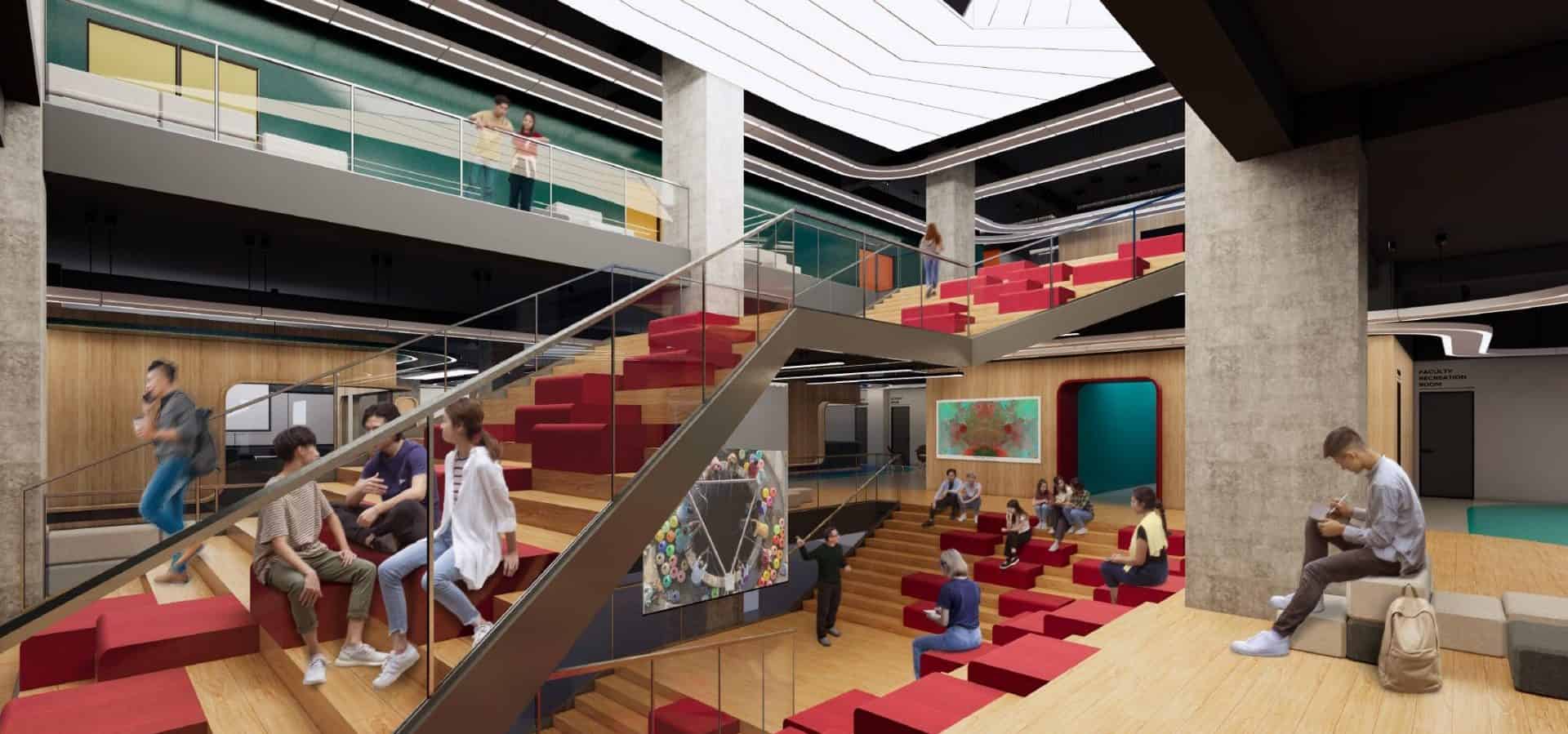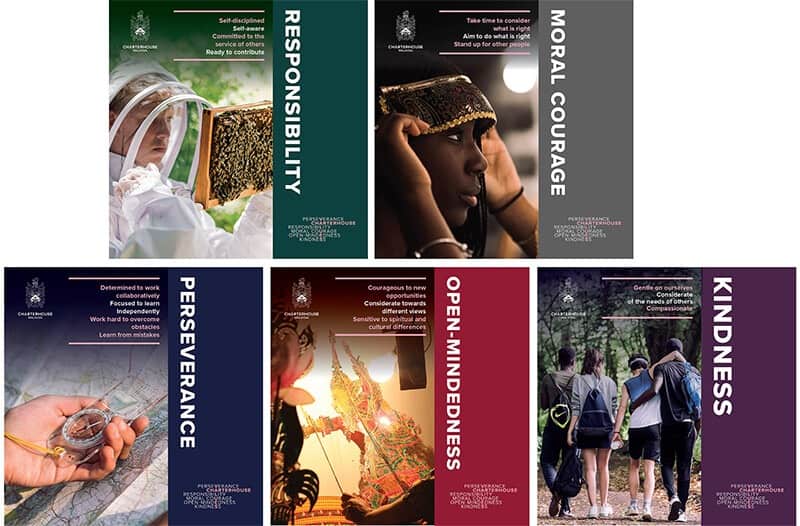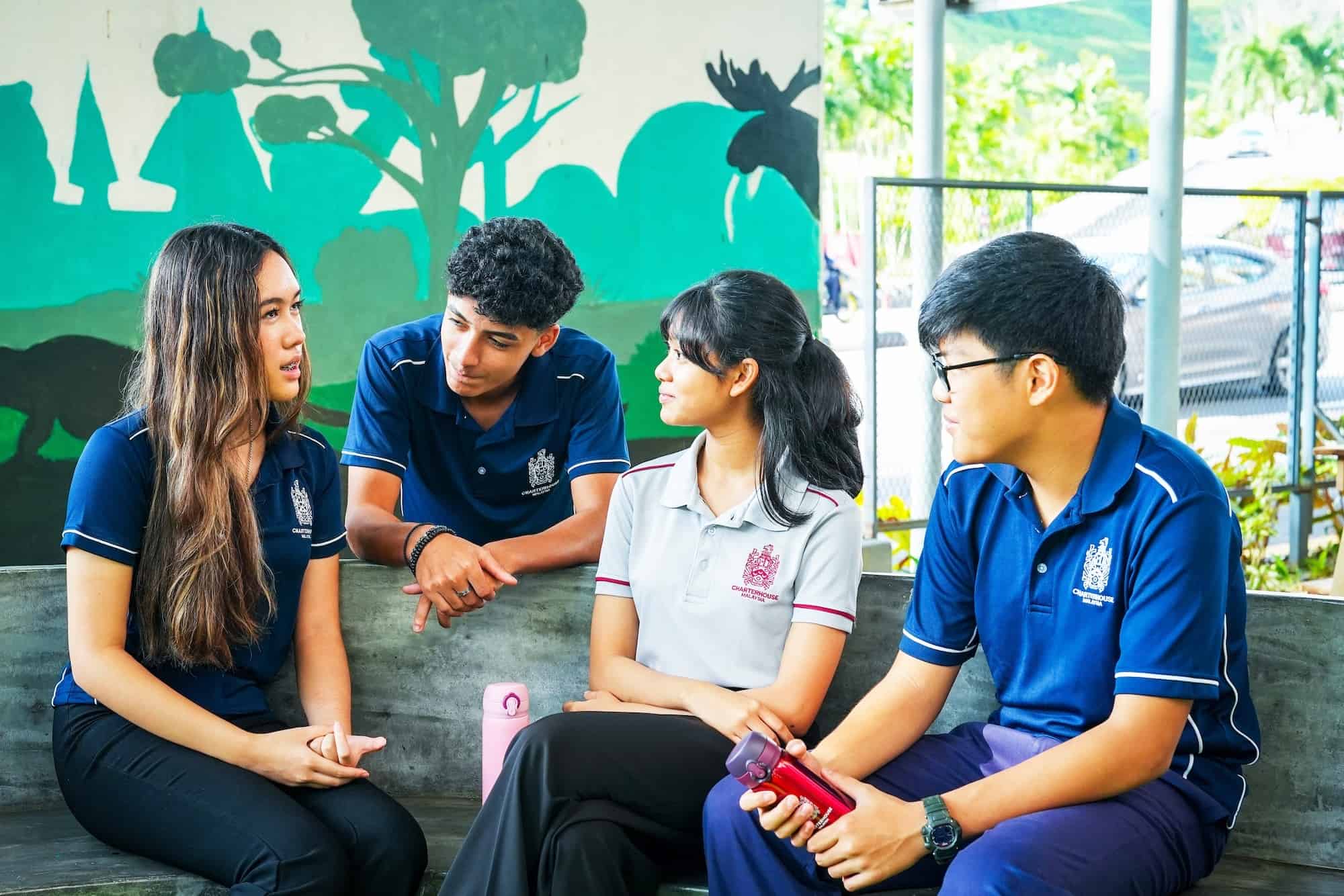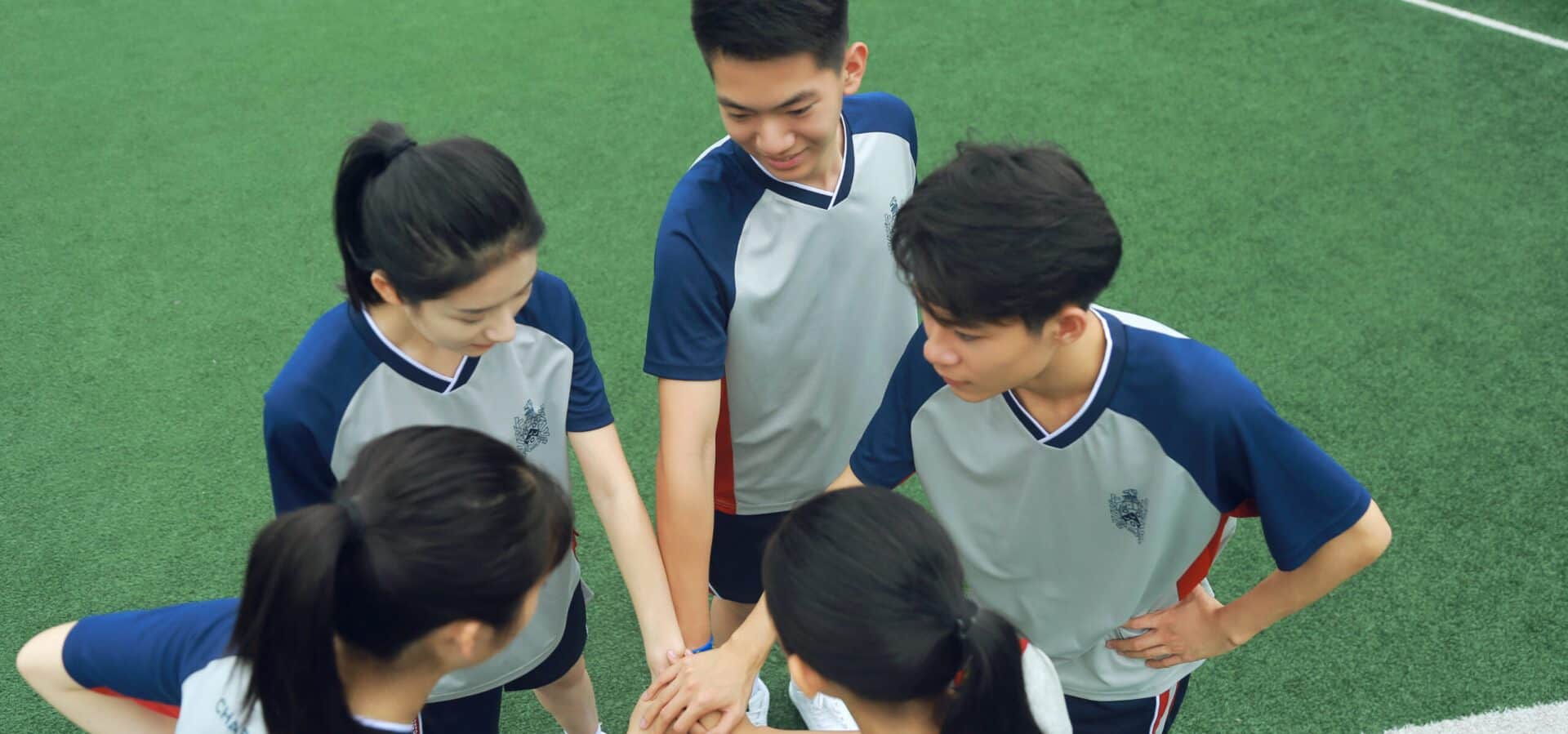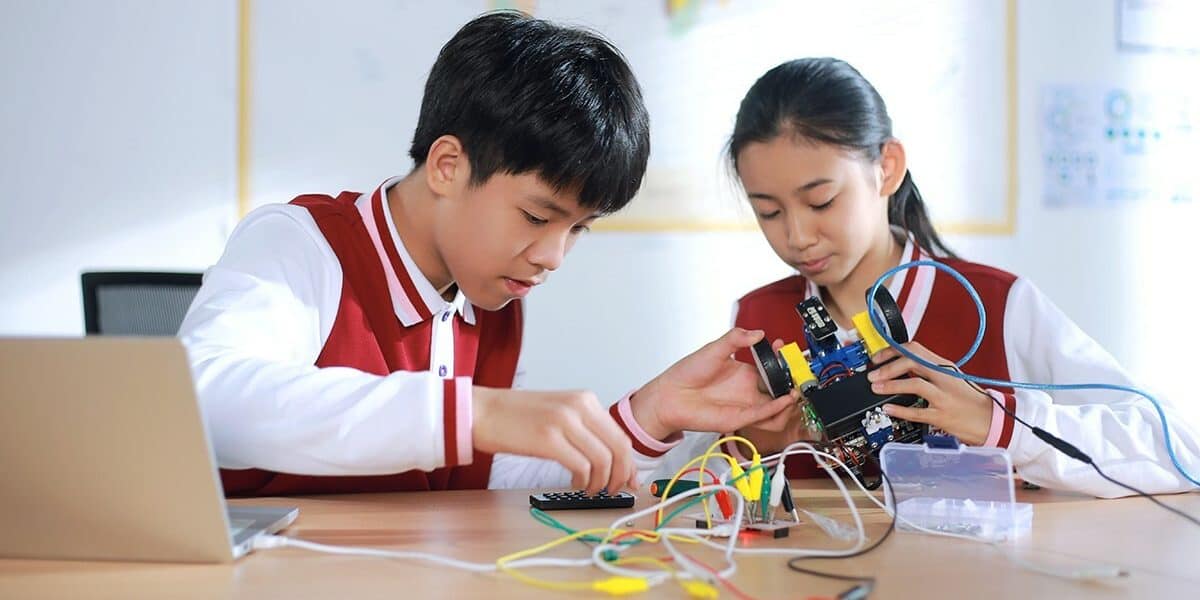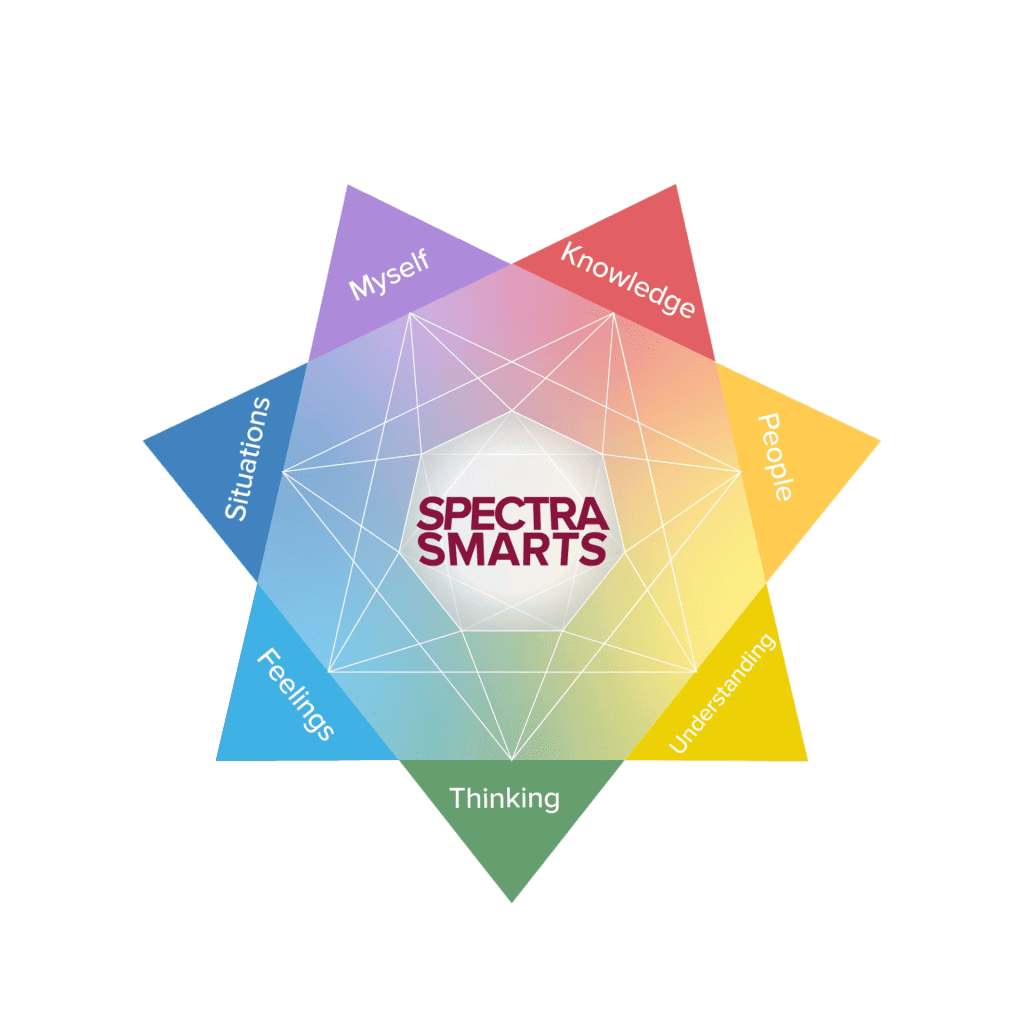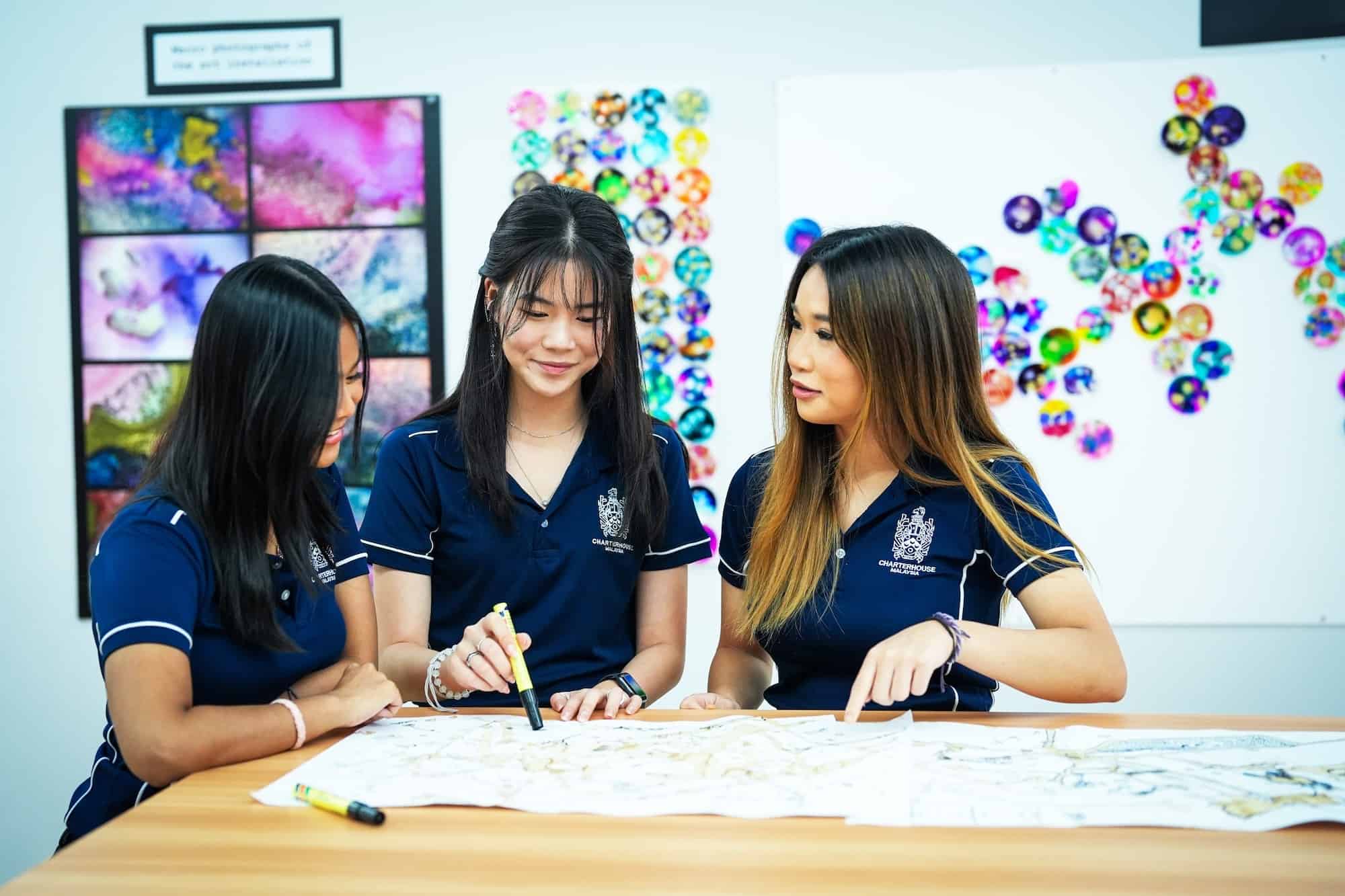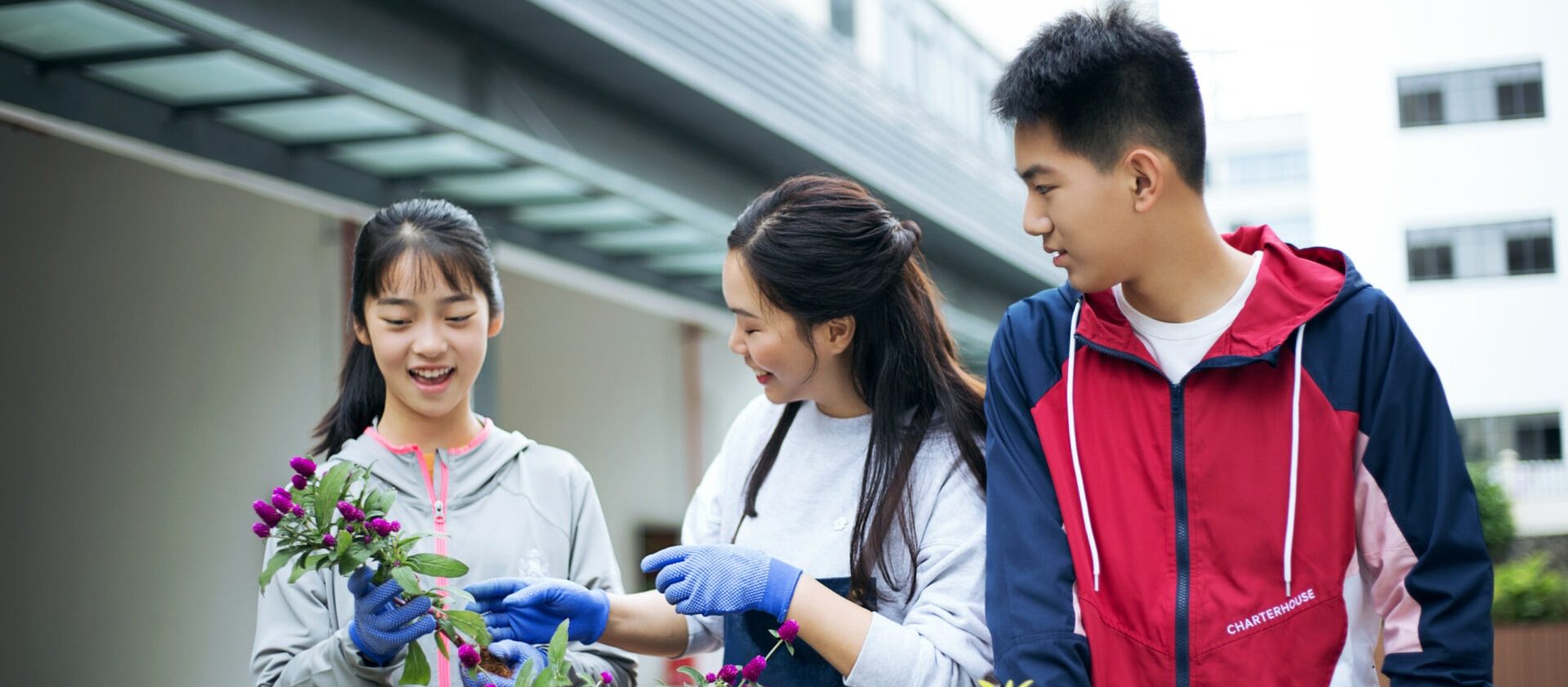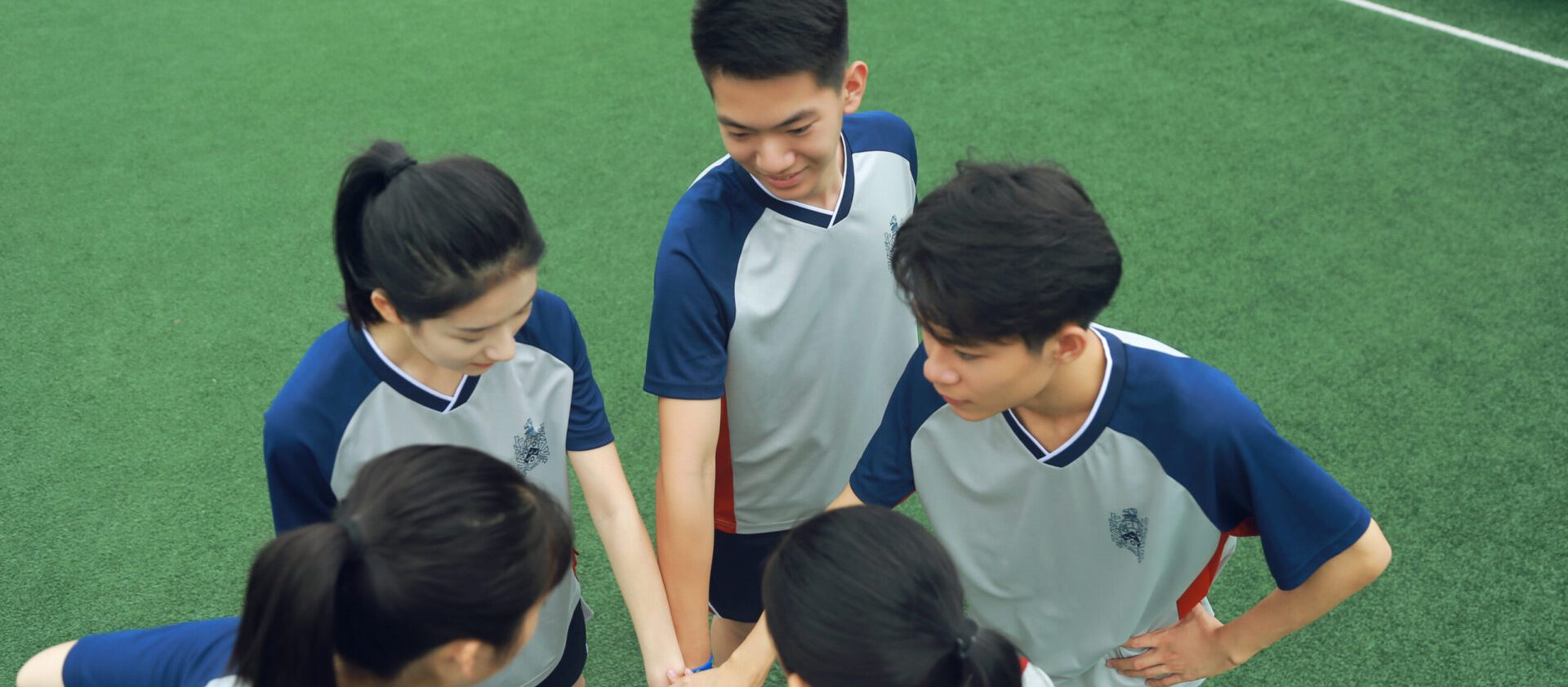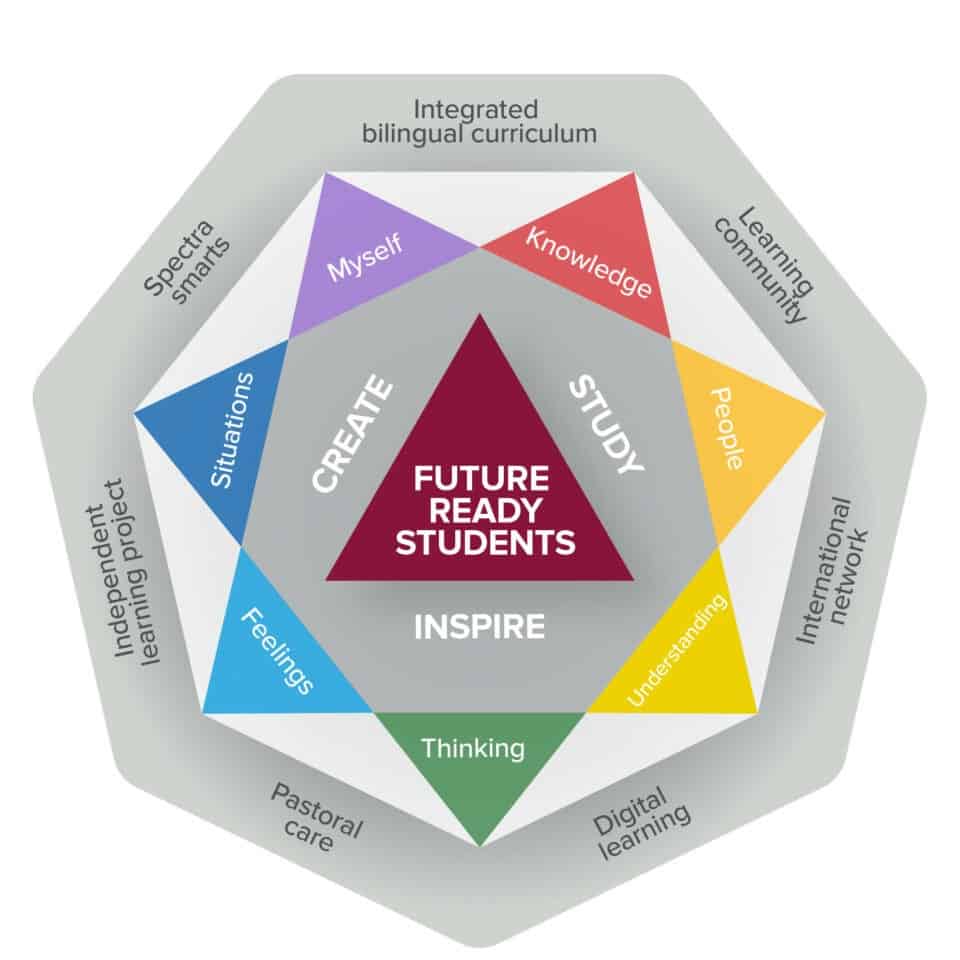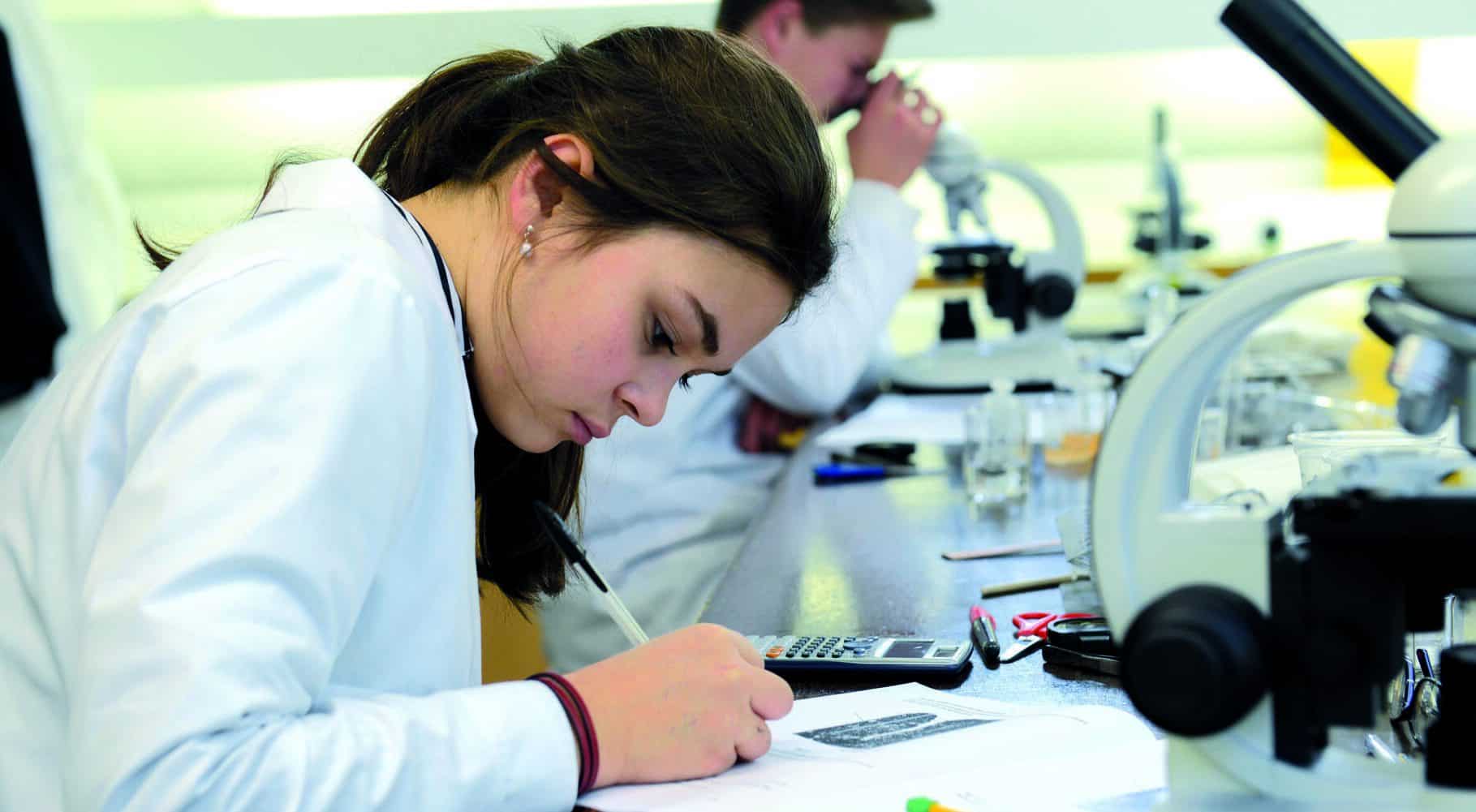The penultimate years in school are quite demanding and, if the appropriate programme of study is selected, probably the most rewarding of a student’s life. As children enter high school, it suffices to say that parents would want them to have a strong foundation for higher education and life beyond. The importance of teaching children under an international curriculum cannot be overstated in a world where globalisation is rapidly expanding its impact throughout nations. The international curricula are created in such a way that they not only prepare the younger generation for the globalised future ahead but also equip them with the life skills that allow them to compete in an increasingly competitive environment.
The International General Certificate of Secondary Education (IGCSE) is one of the most popular curricula chosen by parents and children across the globe. Widely acclaimed and recognised by universities worldwide, IGCSE is a content-rich, flexible and inspiring curriculum that prepares students for the challenges of the future world.
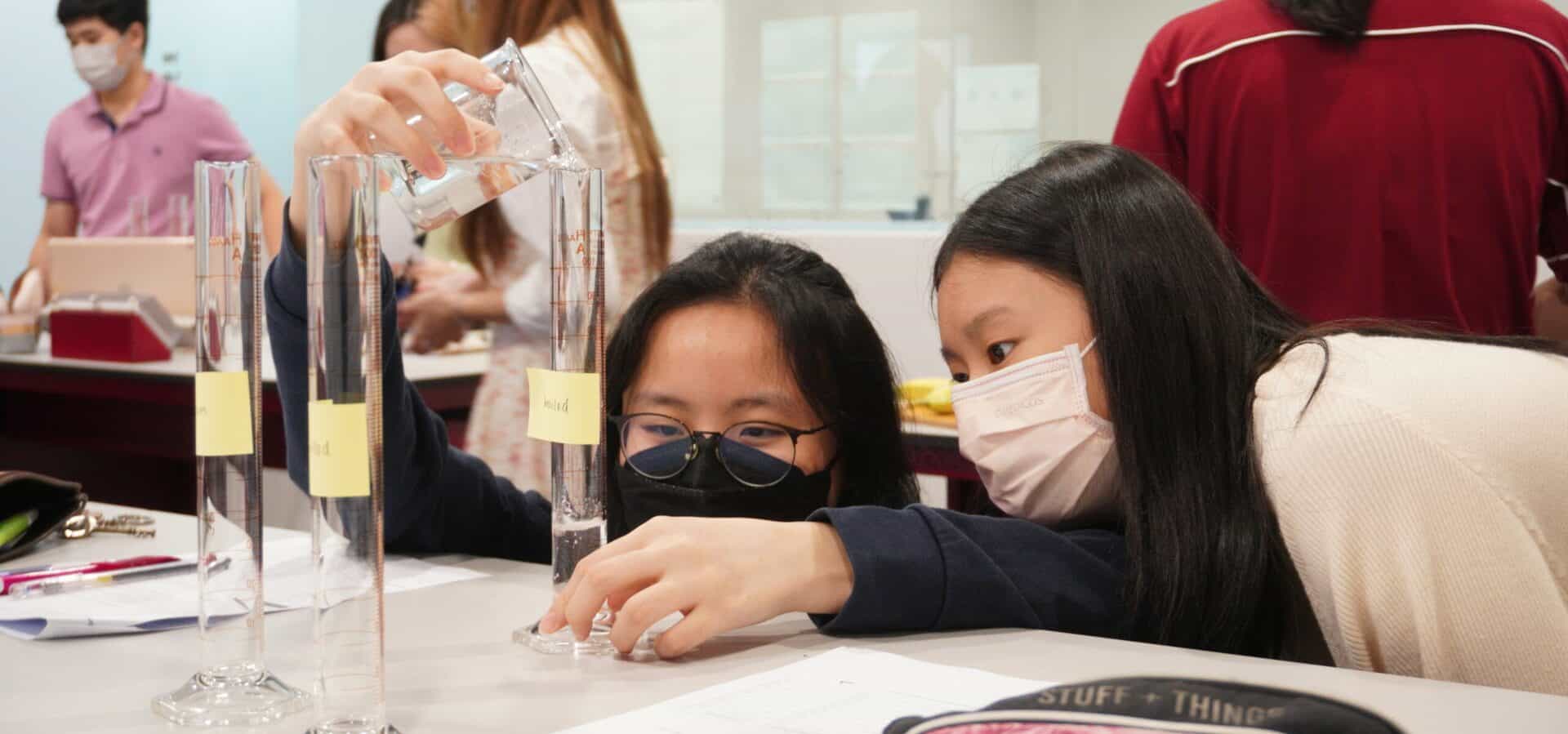
What is IGCSE?
The IGCSE is founded on the GCSE curriculum of the United Kingdom, however, it has been updated for a more multinational student population. Exams are used to assess students, and they are administered by the school’s choice of the exam board. In Malaysia, Edexcel and the Cambridge Assessment International Education are two of the choice boards. There are over 70 disciplines, including 30 languages, available through the Cambridge exam board. The goal is to be as welcoming to students from a wide range of language backgrounds as feasible. As a result, they can continue to study in their mother tongue or language of choice. Across many subjects, the IGCSE provides for different levels of skill by giving both Core and Extended curriculum papers.
IGCSE curriculum
The IGCSE curriculum was created by the University of Cambridge International Examinations. The IGCSE course is a two-year curriculum for students aged 14 to 16, beginning at the Year 10 level. Pupils who pass the IGCSE exams will get an internationally recognised credential. IGCSE offers a comprehensive and versatile study curriculum that includes humanities, arithmetic, languages, social sciences, innovative, technical, and vocational disciplines. For every discipline chosen, one earns an “IGCSE” certification. Students can appear for Core and Extended curriculum exams based on their level of aptitude.
Available subject categories include:
Group 1: Languages – (First, second or foreign)
Group 2 – Humanities and Social Sciences – (History, Geography, English Literature, etc.)
Group 3 – Sciences – (Physics, Chemistry, Biology)
Group 4 – Mathematics – (Arithmetic, Additional Mathematics, etc)
Group 5 – Creative, Technical and Vocational – (Computer studies, Music, Business Studies, etc)
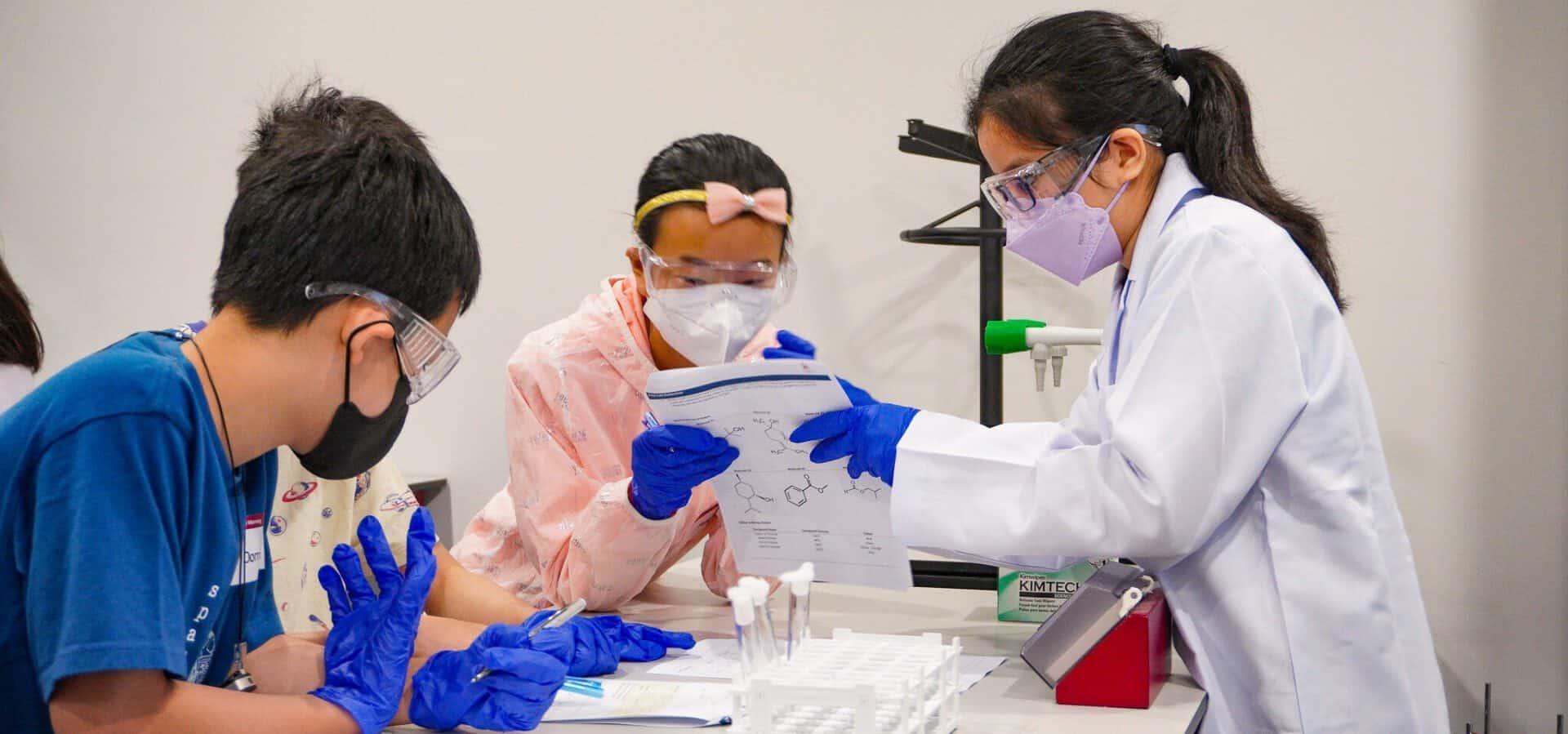
The Examination Boards
Cambridge Assessment International Education and Edexcel are the two principal exam boards that provide the IGCSE curriculum. The choice of test board is normally left to individual institutions. Although the material remains similar, the test format differs between the two.
Edexcel, for example, provides a single 3-hour geography exam, but Cambridge has four different papers. The school is free to choose whatever board they want to utilise. Universities make no distinction between the two boards, and there is no preference for one over the other.
Scoring and Grading
Students will be evaluated on a scale of A* to F or G for IGCSE. In Cambridge IGCSE, A* is the highest grade while G is the lowest grade. IGCSE scale scores from A* to G is currently utilised in more than 145 countries, in over 6,000 schools, and are approved by colleges and companies worldwide. In addition to ordinary grades, IGCSE percentage marks will be given. The percentage mark is a scale in the system that measures how many pupils scored high, average and low. The percentage marks will show in the results report but not on the certificate of completion. For instance, a student receiving an A* will be put in the 90-100 percentile range, whereas a student receiving a D will be placed in the 50-59 percentile range.
Below is a detailed table for the IGCSE percentage scale:
| Grade | Percentage uniform mark range |
| A* | 90-100 |
| A | 80-89 |
| B | 70-79 |
| C | 60-69 |
| D | 50-59 |
| E | 40-49 |
| F | 30-39 |
| G | 20-29 |
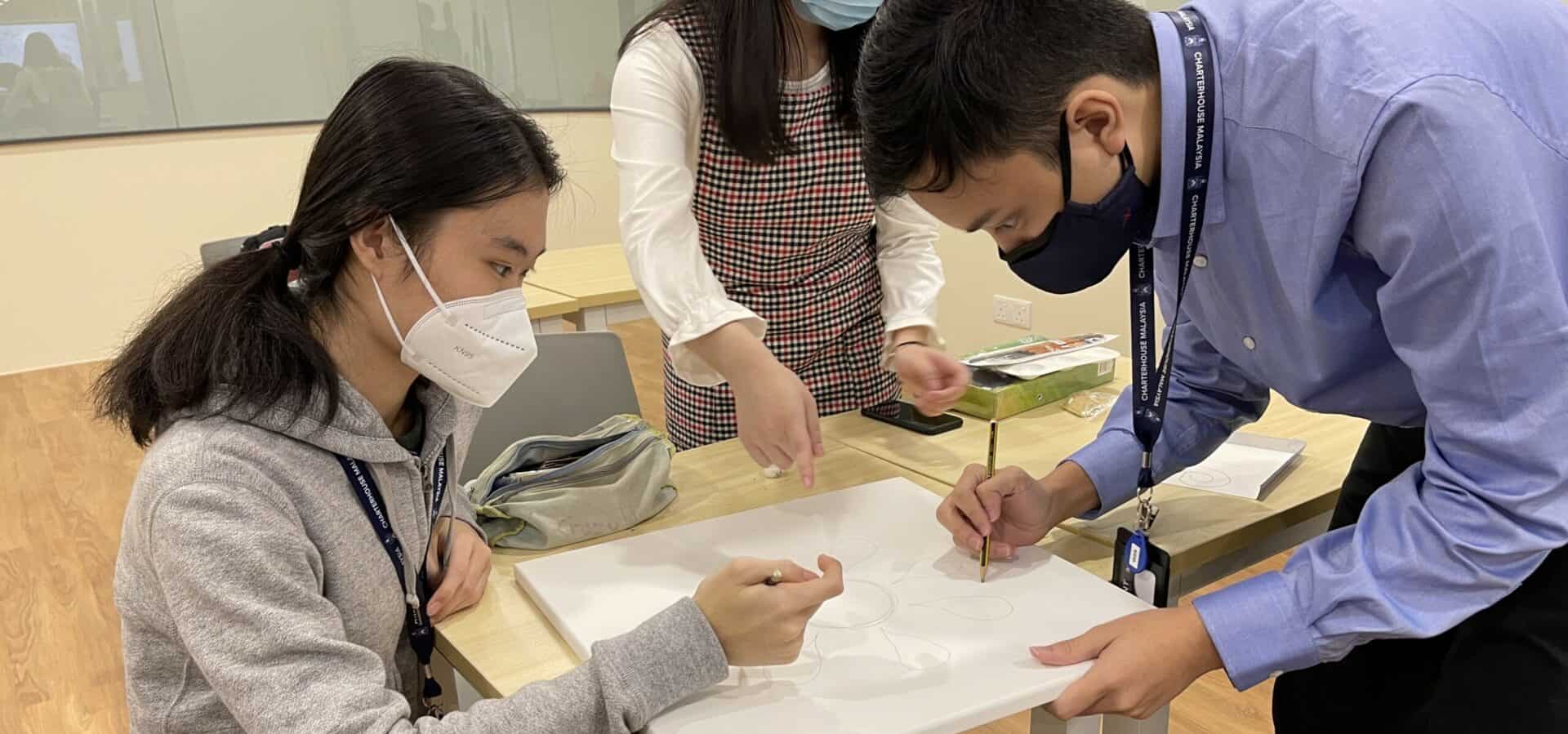
The advantages of the IGCSE curriculum for students:
- They are recognised by institutions of higher education globally
The IGCSE is recognised as a formal certification in practically every country, and it may function as a ticket to the greatest schools and universities. The IGCSEs are held in high esteem by some of the world’s leading institutions.
- The emphasis is on performance rather than grades
The IGCSE curriculum is a gift to the students since it provides them with a bold platform to show their understanding of many disciplines. The evaluation pattern is designed to reduce children’s worry and tension over their academic achievement. Students and teachers collaborate on areas of development regularly.
- A student-centred design
Because the curriculum is diversified in terms of difficulty level, the IGCSE programme is available to students of practically all skill levels. It is tailored to fulfil the needs of both proficient and capable pupils and those who find studies tough. Each student’s learning is enhanced by the use of appropriate teaching methods.
- A plethora of intriguing courses available
For students who aspire to pursue high-level professional courses and build on their CV during their time at school, IGCSE would be the ideal choice. IGCSE offers a wide range of arts, sciences, and professional subjects, from hospitality & tourism to religious studies. As a result, these diverse course selections can assist you in determining your passion and discovering disciplines that you may want to pursue in the future.
- An excellent university preparation programme
The IGCSE programme prepares pupils to think critically and study independently. This is a necessary skill for those who plan to attend university courses and higher learning. Students are expected to be accountable for their learning in higher education, which requires self-discipline, motivation and a strong work ethic. As early as high school, IGCSE students will be taught these duties and qualities.
- Rigorous evaluations
The vast majority of students, as well as their parents, believe that the assessments are reasonable. They’re also adaptable because the emphasis isn’t on what the child has grasped. It is based on the child’s conceptual understanding.
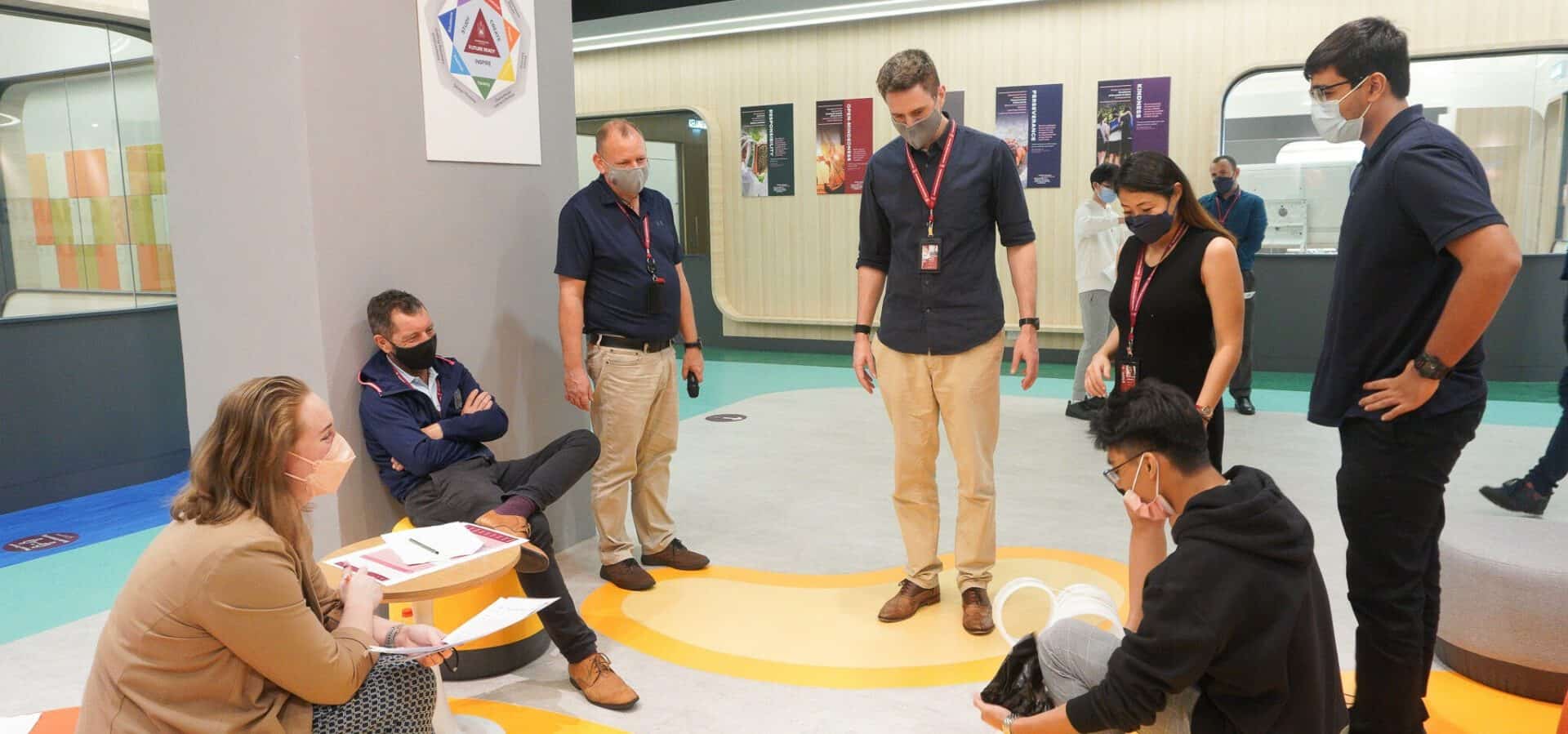
Is IGCSE the right programme for your child?
Depending on the school, while the programme remains the same, the IGCSE subjects offered, exam boards and method of delivery might differ.
What makes the programme in Charterhouse Malaysia unique is the curriculum, designed for a future-ready education. With programmes such as Design Thinking, Spectra Smarts and more, students benefit from a holistic education that moulds them into independent individuals, capable of critical thinking and developing creative solutions.
The contemporary campus and modern school environment are the perfect domain for learning, as the design is informed by the work of educational futurist, David Thornburg. With four archetypal learning spaces that inspire the students and teachers, learning is seen through a different lens; rather than something that is necessary, our community sees it as a valuable trait – A lifelong love for knowledge.
We maintain a small number of students per class, up to 18 students in an IGCSE class, to ensure an optimal ratio of students to teachers. Lessons will not only be delivered in classes but will be supported with a multitude of other activities that include Independent Learning Projects that embeds the Carthusian values of responsibility, moral courage, perseverance, open-mindedness and kindness.
Charterhouse Malaysia offers subjects such as Mandarin, Spanish and French as foreign languages and other optional subjects such as Biology, Chemistry, Physics, Computer Science and Design Technology, to name a few.
Consult with our education counsellors to find out which subjects are suitable for your child’s career pathway of choice.
Charterhouse Malaysia is an English-medium International School located in the heart of Sri Hartamas, Kuala Lumpur. Our comprehensive and holistic pedagogy focuses on equipping students with a Future Ready perspective and skills. Be part of a Future Ready education and Apply for term 2022.

